Google’s September Core update is live! Google has given us loads of information to help us understand what happens during core updates. In this article, Dr. Marie Haynes will share 100 tips to help you understand Google’s core updates. Marie draws on her experience in analyzing Google updates for over ten years to teach on:
- What a traffic loss due to a Google update looks like (#10)
- The difference between core updates and spam updates (#30)
- Google’s advice on recovery from a core update hit (#33)
- Google’s use of machine learning (#40)
- Improving EAT (#44)
- Why links matter (#47)
- Entities (#51)
- Creating content that meets the searcher’s needs (#62)
- Understand how searchers skim (#67)
- Citing references (#72)
- Why good reviews matter (#82)
- Checking for spelling/grammar errors in bulk (#89)
- Recovery is possible (#96)
Related: MHC’s analysis of the May core update.
Transcript:
My name is Dr. Marie Haynes. My team and I at MHC have been learning everything we can about what Google values for many years now, and translating that into advice for our clients and newsletter subscribers.
What you’re reading now is a transcript of the video, modified to make sense for a reader. Click on each tip to expand more information.
Grab a coffee! It's reading time.



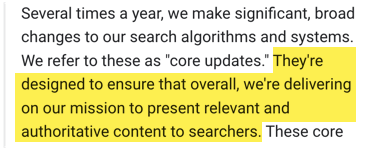
Not…to penalize bad sites, or sites that break Google’s guidelines…this is important!
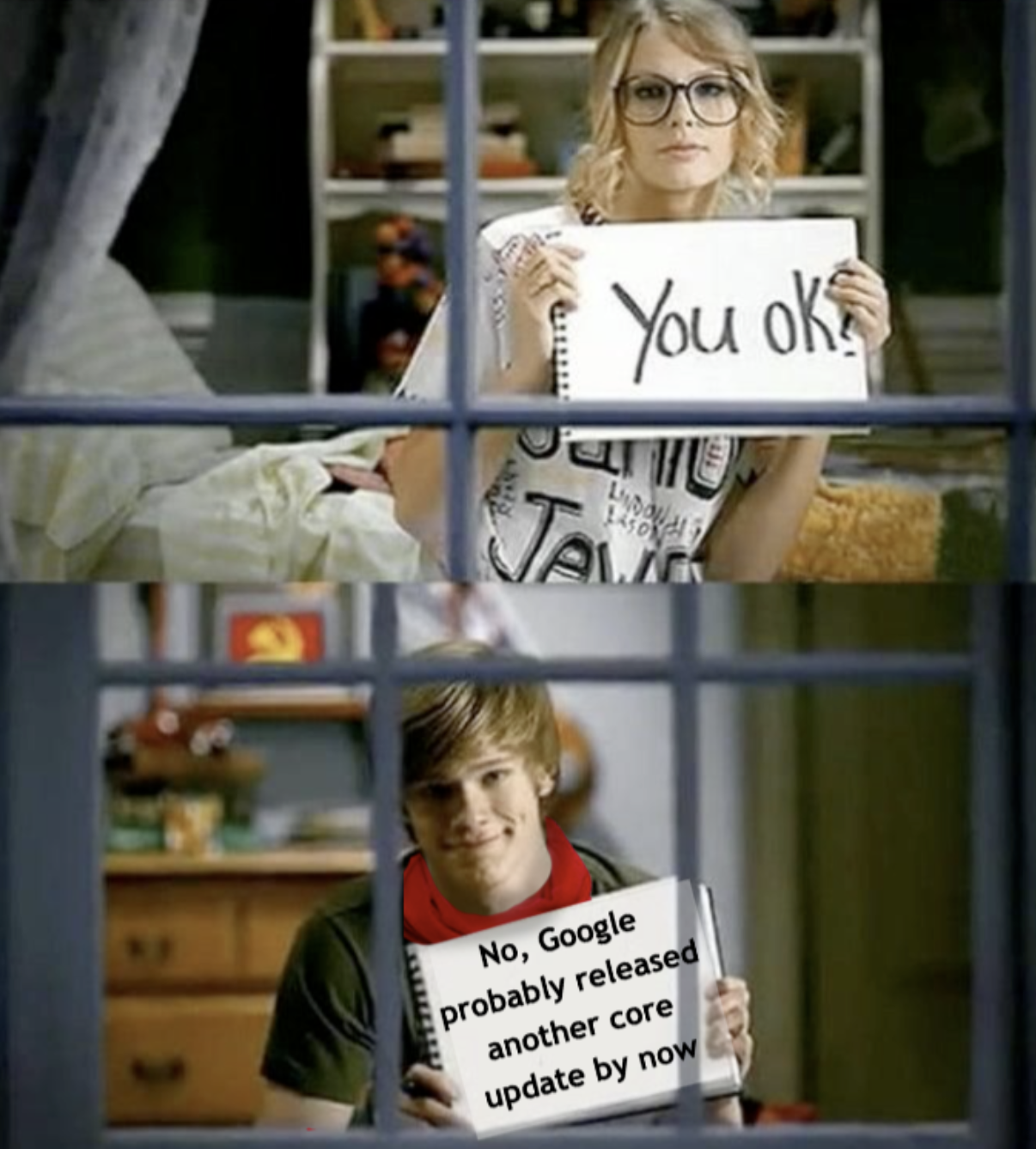
Of course Google would launch a core update right as we were putting this together. My team made this meme the day before November core launched. The information in this article is not specific to the November core update. But, unless this update ends up being drastically different to the last few we have had, all of this information is still relevant and important to every site that wants to perform well on Google.
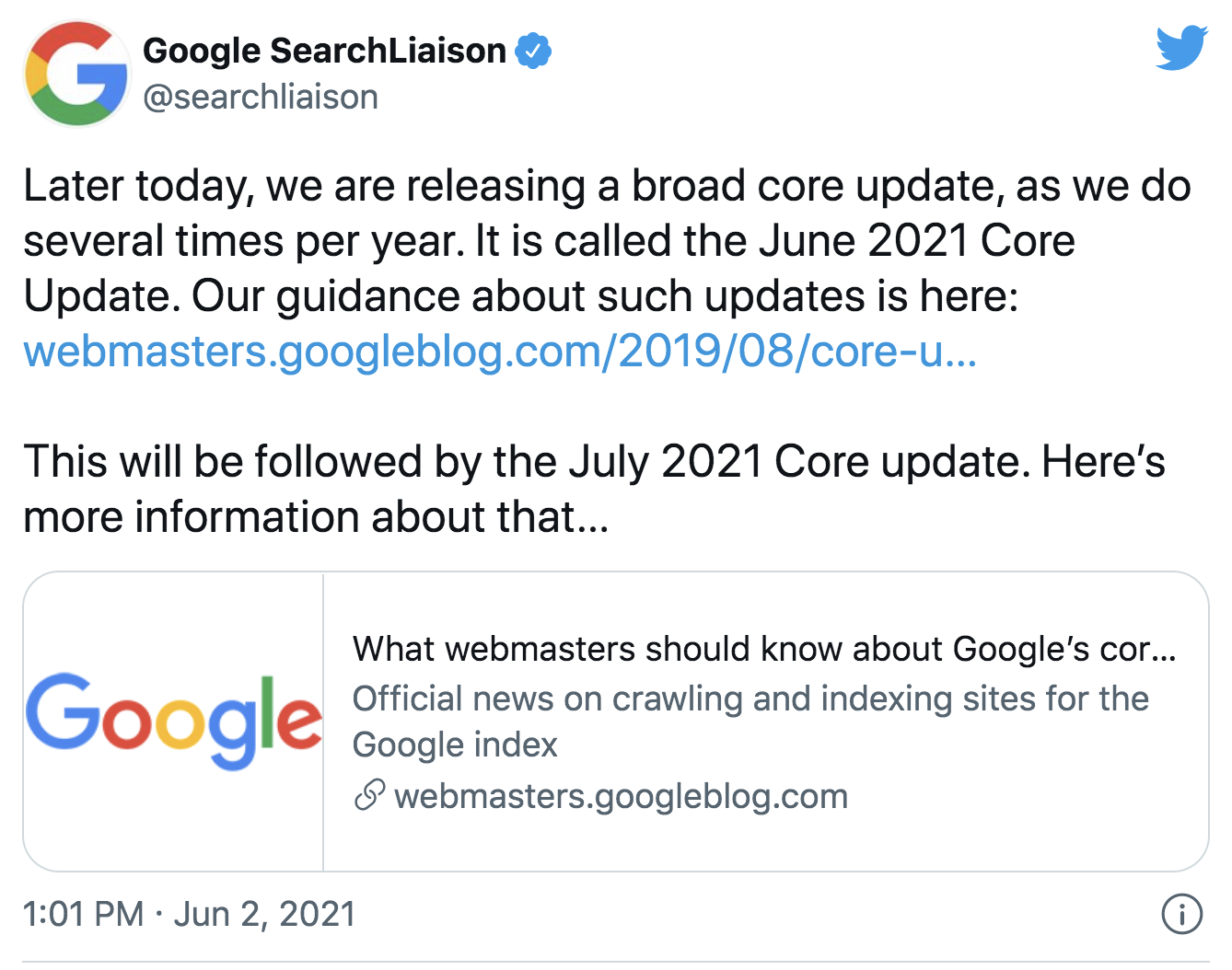
We tend to see 2-3 most years.
Glenn Gabe coined the phrase when we had big updates that we couldn’t explain.

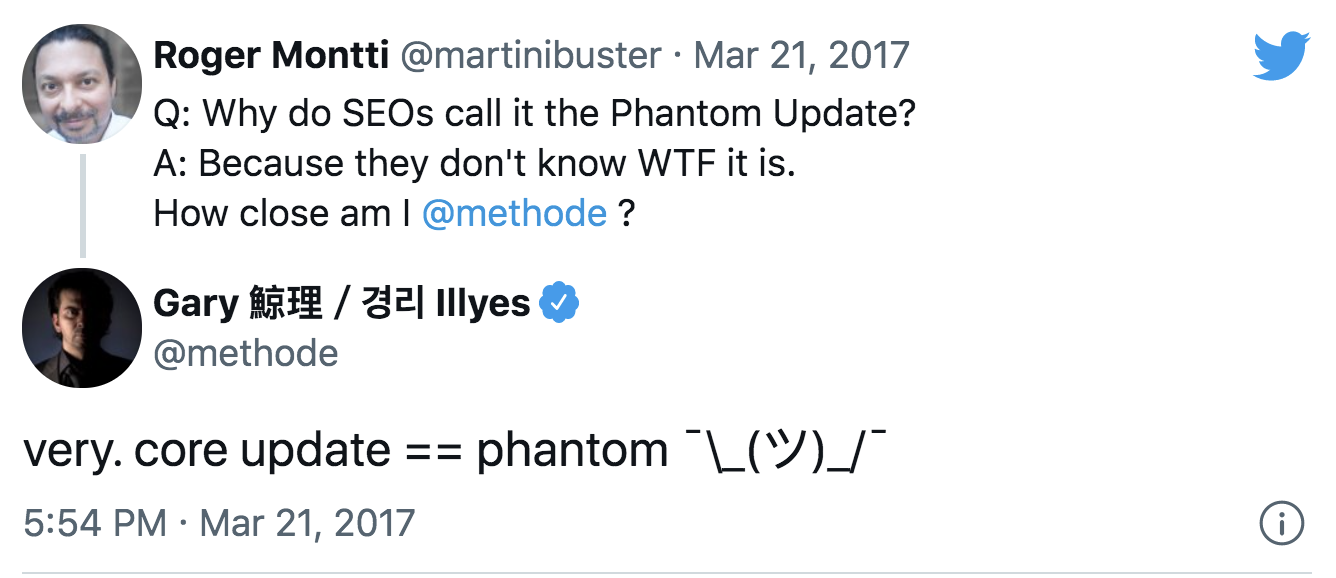

Source: https://developers.google.com/search/blog/2019/08/core-updates
Personally I think that every site hit by a core update has the potential to improve in some. In some cases though, this involves almost impossibly difficult changes though like improving the actual quality and helpfulness of content across millions of pages.
If you have a manual action from Google, you will see it in Google Search Console. Manual actions are not connected to core updates. 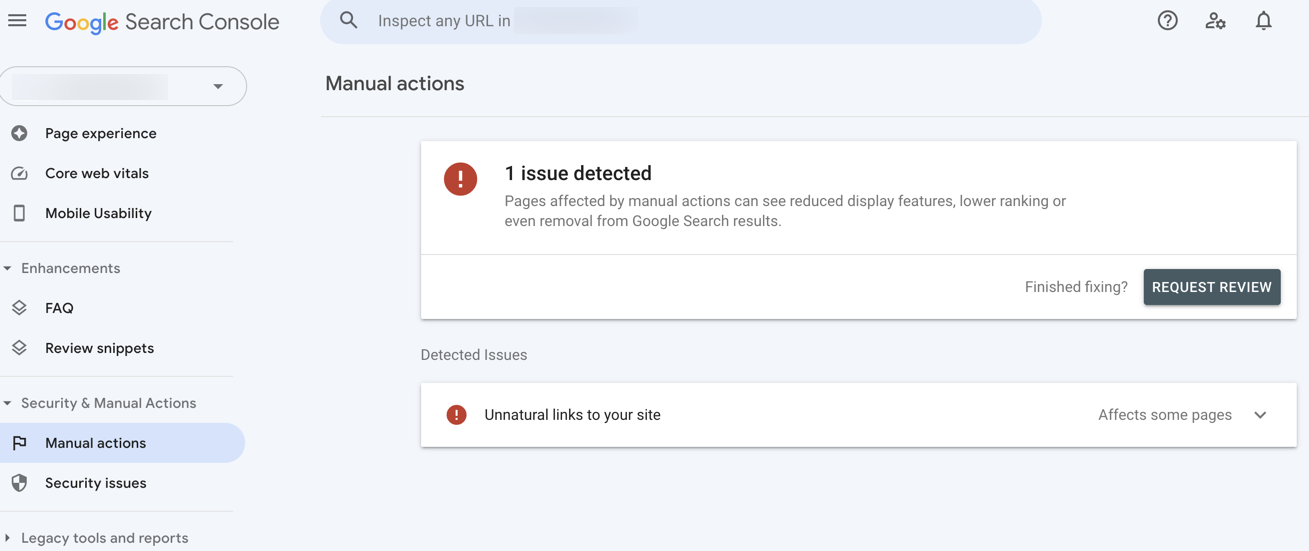
If you don’t have a manual action, but you’re seeing a big drop in traffic, this is still not a penalty…It’s an algorithmic filter.
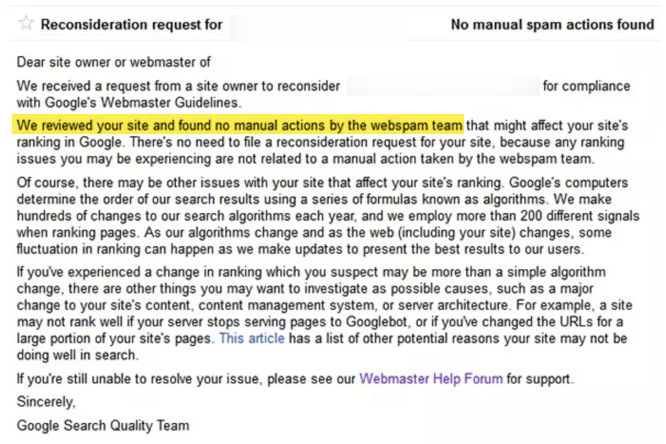
You used to be able to! And Google would reply telling you that your ranking changes were likely due to changes in their algorithm and not a manual action
Alright…so let’s talk about how you determine if your traffic loss is due to a Google core update.
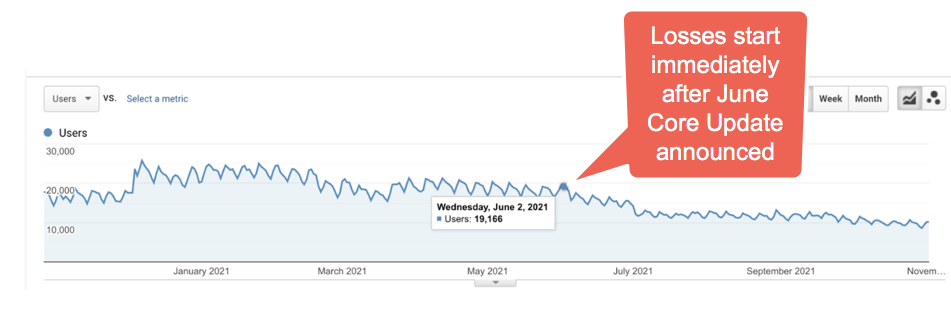

This did happen for some sites, but it was not the norm in our experience. We saw plenty of examples of sites that improved or declined with both updates.



Highlight the date of the core update you are investigating…if you’ve been affected there should be an obvious change in the trajectory of Google organic traffic to your site. You may need to wait a few days or weeks to see obvious drops in some cases.
Sometimes coincidences happen. But usually, if traffic is also down significantly in other search engines too, you likely weren’t affected by Google’s core update.
Google organic traffic

Bing organic traffic

If you just made significant sitewide changes, you should look to these first as a possible reason for your drop. These cases are hard though!

This is an example I’ve used for years to show how drops coincidental with Google updates are not always due to the update. In this case this “client” launched a site on the same day as a big Panda update. You never know what kind of dumb things a client will do to mess up their site.
I’m finally going to come clean on this client that I’ve made fun of for years. This was my site. I forgot the analytics when launching a redesign.

If you see a spike that looks like this, it’s probably bot traffic…there are ways to filter this out – we’ve described a few in past newsletter episodes, but doing it retroactively is difficult and not the same for every case. I usually just try to exclude these dates when I’m doing my analysis if possible.
OK! So, you’re convinced your losses are caused by a Google update…now what do you do?
It does not happen often these days that we find a single, fixable issue that results in a core update recovery.

This is a site we recovered in 2014 after cleaning out thin content with a script that took just a few minutes to design and implement. It resulted in a big Panda recovery.
Today, the clients of ours that improve with updates are ones that have spent a really long time working on improving many aspects of quality.
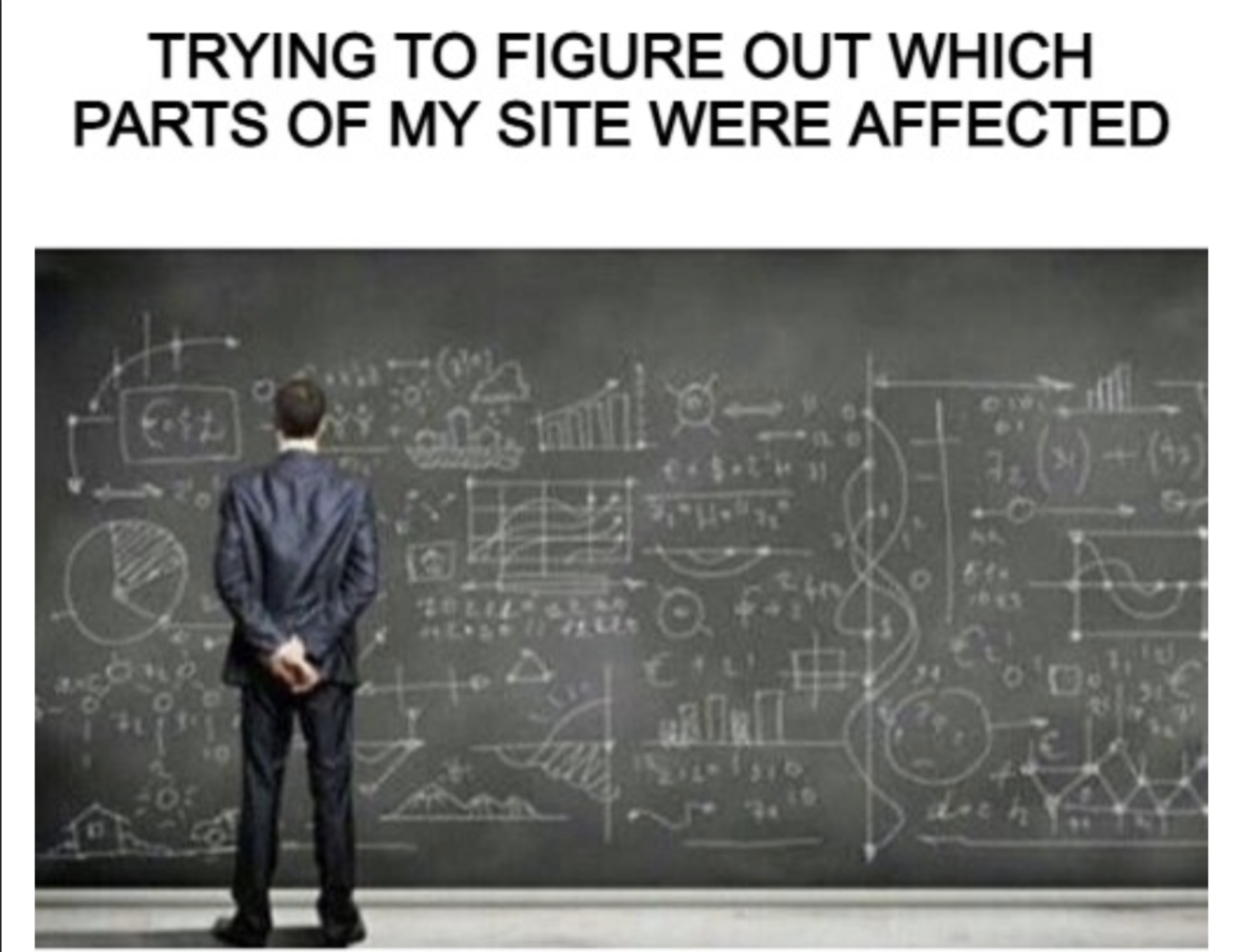
If you can figure out what it is that Google’s algorithms took issue with, then you are much closer to understanding what to improve upon.
Let’s look at some tips to help you determine where the problems are.
Compare dates in analytics to look at a month or so following the update and compare it to the time before.
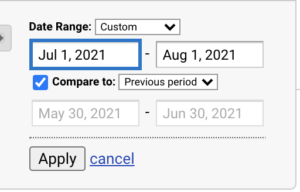

If every page on your site has seen a similar drop, then you could have a sitewide issue.
But
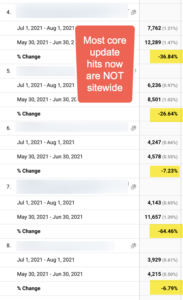
If you do have a drop that is reflected equally across most pages of your site you could look to technical problems as a cause. But, know that core update hits are not likely to be because of technical issues with your site.
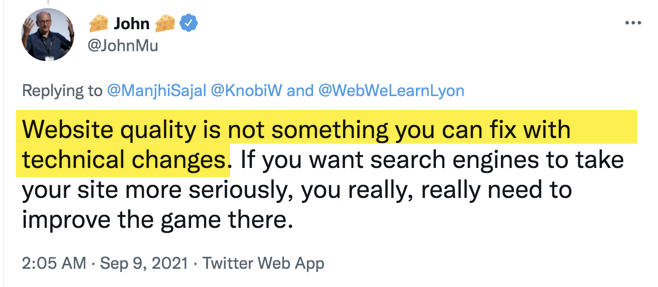
See if you can determine whether there’s one part of your site that was affected.
If so, this is where you need to focus your efforts.
If you are seeing lots of urls of a certain type that you think should be indexed, and Google has marked them as “crawled – currently not indexed” then this is sometimes, but not always a clue that these pages are not the kind of quality that Google wants to show to users.
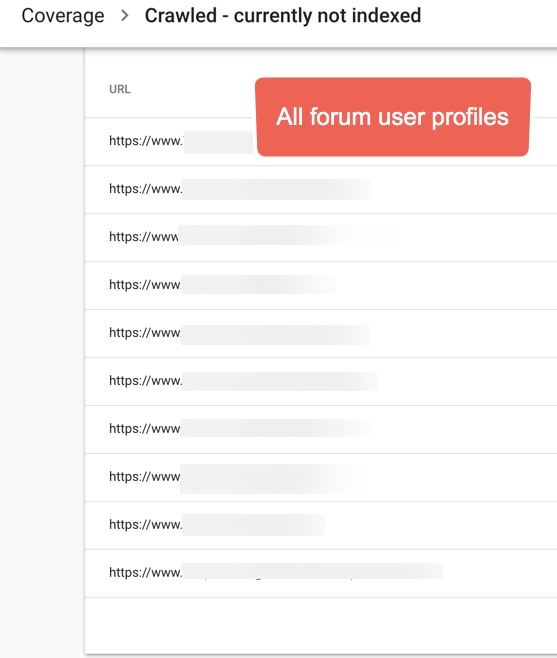
We have had clients see nice improvements that we feel we can attribute to removing pages like this from Google’s index so that the vast majority of what Google sees for their site is their best content.
We will get to recovery advice soon!

Alright, here are some rapid fire tips for things you can check in Search Console to help further narrow down where to focus recovery efforts.
If mobile drops were much more than desktop, then you should be looking at what kind of experience users have on mobile on your site vs competitors.
Desktop
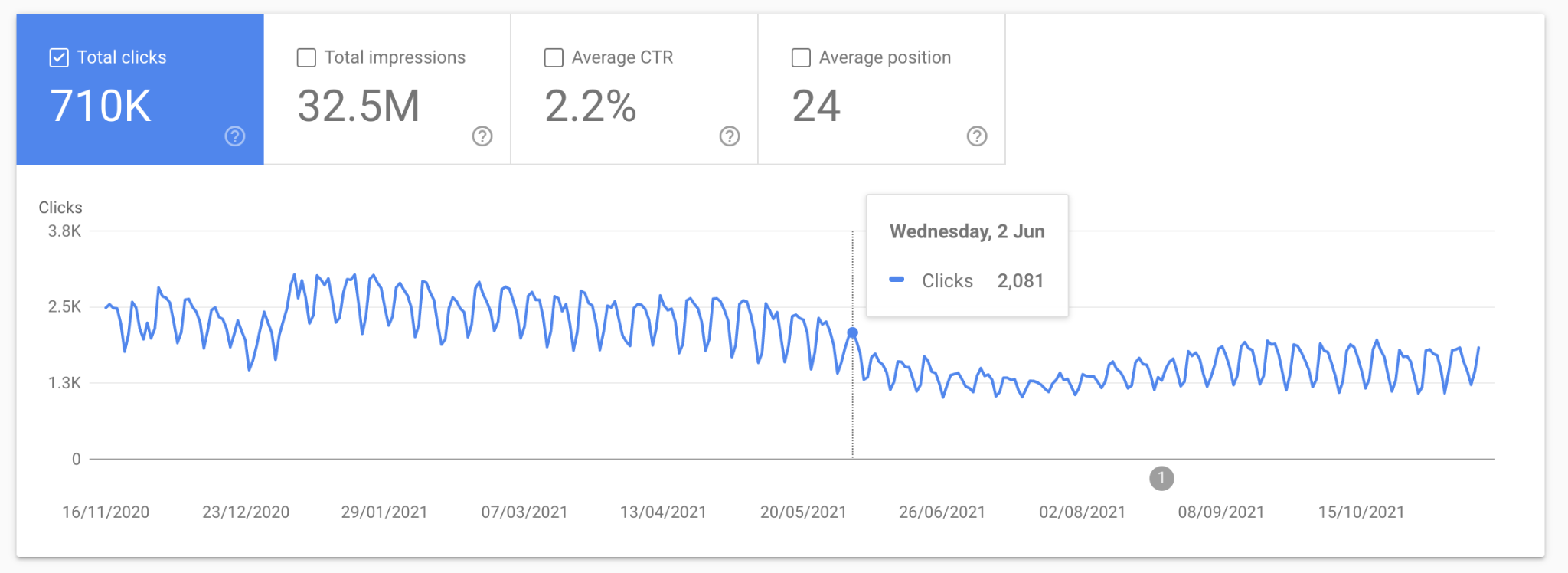
Mobile
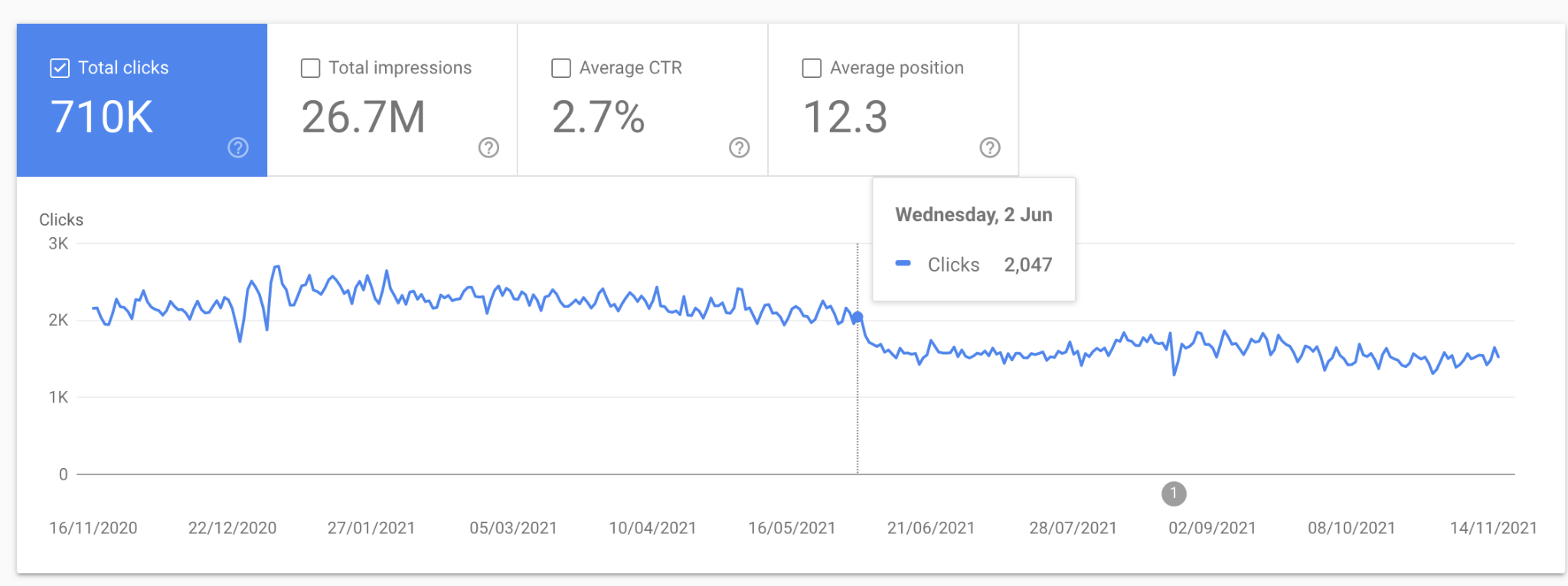
Next,
This is not usually an issue with core updates, but worth checking. If one country or location has seen bigger changes, you know which competitors and SERPS to analyze when you’re answering the questions Google tells us to answer. I’ll get to those soon cause those are the meat of this video! 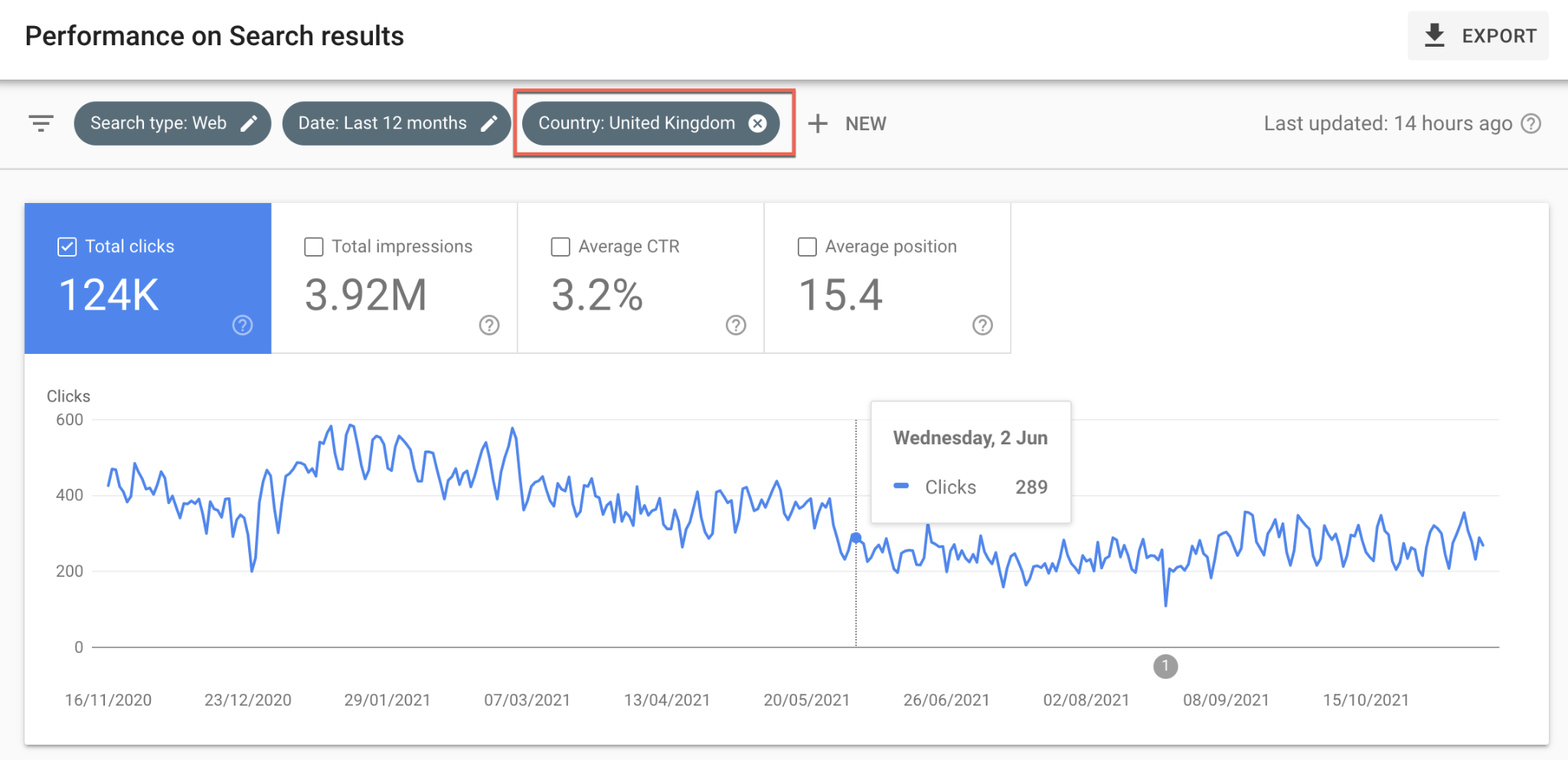
You can use GA or GSC to determine whether a site or a page perhaps always sees a seasonal drop at this time. It’s possible your drop is nothing to worry about.

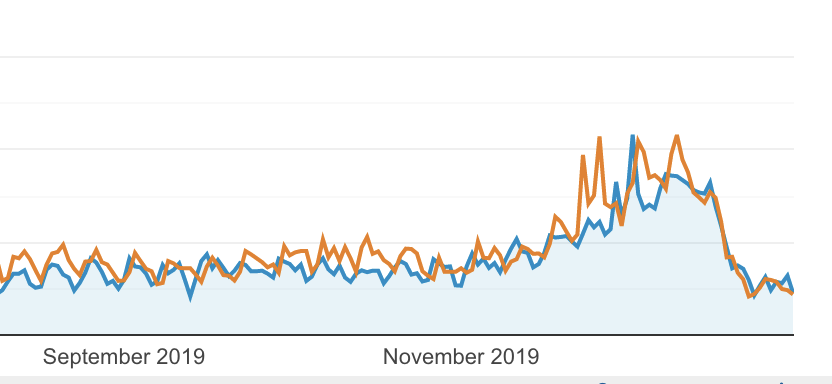
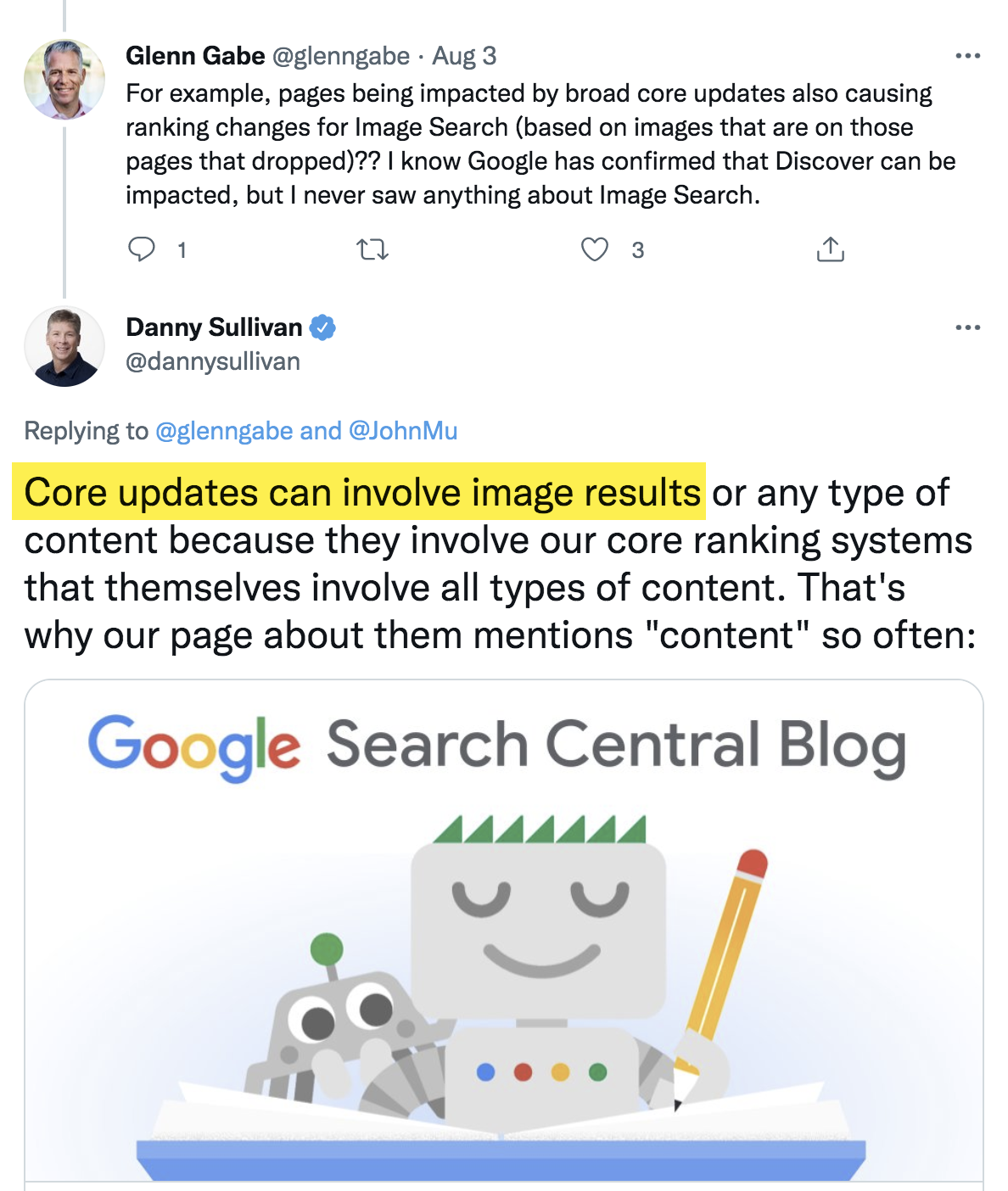

Many of the sites we monitor had some kind of a drop in search traffic that starts March 10, 2020. Except for some like this. This site is one that sells medical masks. March 10 was the date on which much of the world realized that our lives were all going to be drastically affected by this virus.

Now that you’ve figured which parts of your site to work on…to know how to recover we need to understand what core updates are.
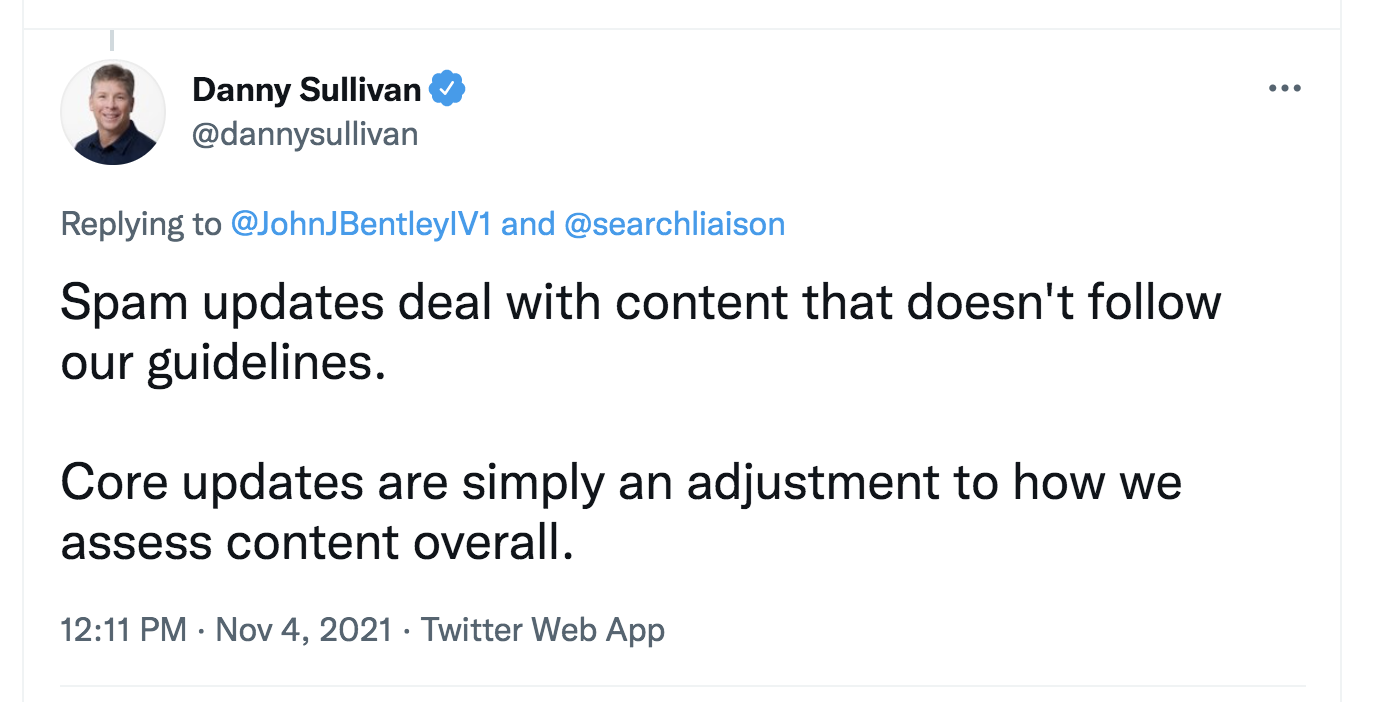
Spam updates are meant to go after sites that break Google’s guidelines. If you were hit by a core update, it’s probably not because you are going against Google’s quality guidelines.
There is some benefit for some sites when it comes to disavowing, but really only those who have been purposefully building links that break Google’s guidelines on a massive scale.

“in general with the core updates if you’re seeing changes there, usually that’s more related to trying to figure out what the relevance of a site is overall and less related to things like spammy links”
While we still do recommend disavowing for some sites, it’s not something that we feel can recover a site from a core update hit.

Source:https://developers.google.com/search/blog/2019/08/core-updates
“offering the best content” is up for interpretation. What does that even mean? I think we often get hung up on only focusing on factors that we know we can improve upon in measurable ways. Having “good content” is hard to measure!
It turns out that
If you have had a site quality review from MHC, you’ll know that many of our suggestions made are based on answering the questions in this blog post.
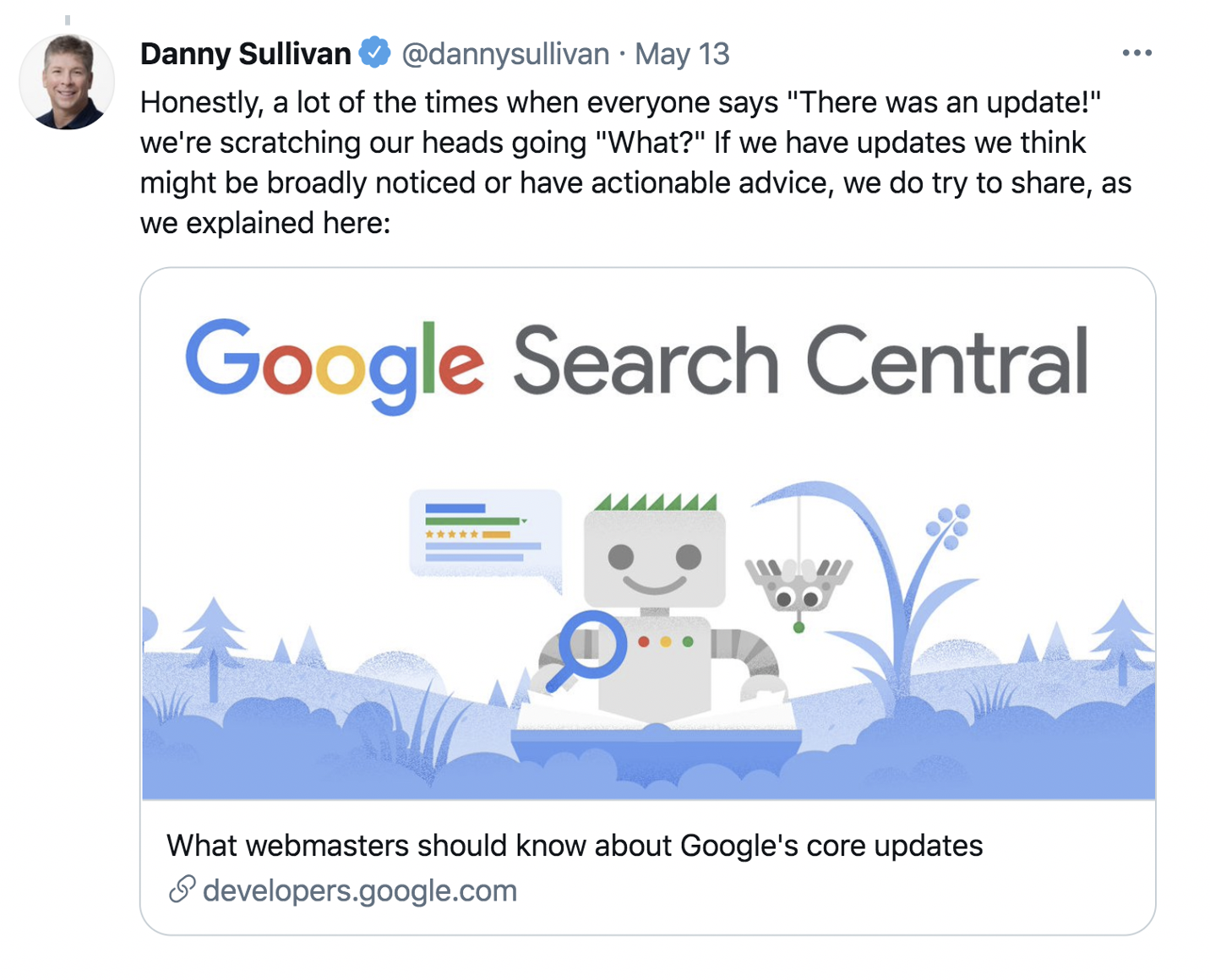

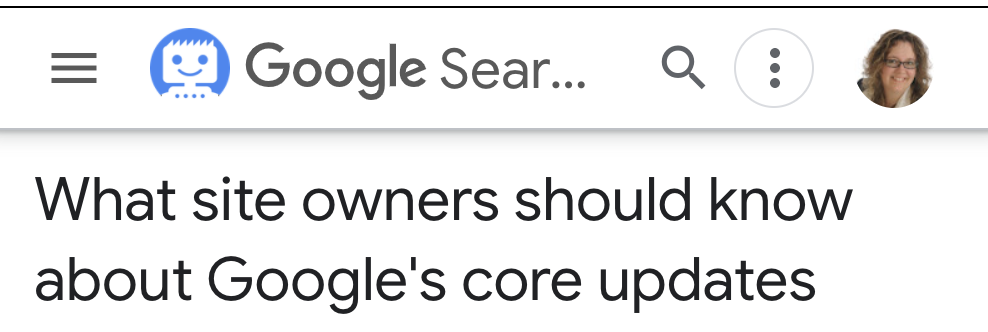
There are two schools of thought on this Google blog post. Many SEOs do not believe that the things Google asks in here are measurable by an algorithm and that these are nice general guidelines to follow but not actually part of Google’s algorithms.
I disagree…and I’ll explain more on why I do think that sites that make changes to better answer these questions are the ones that come out on the right side of Google updates.
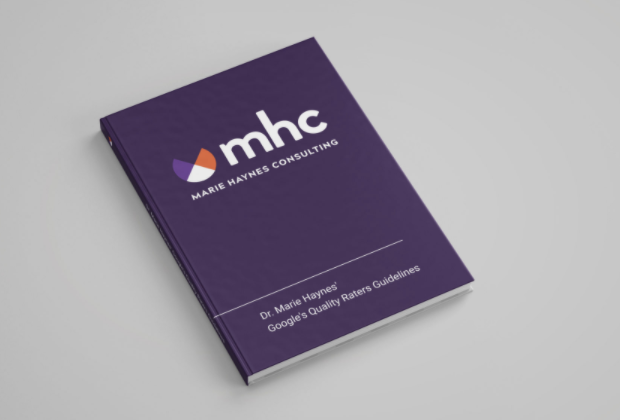
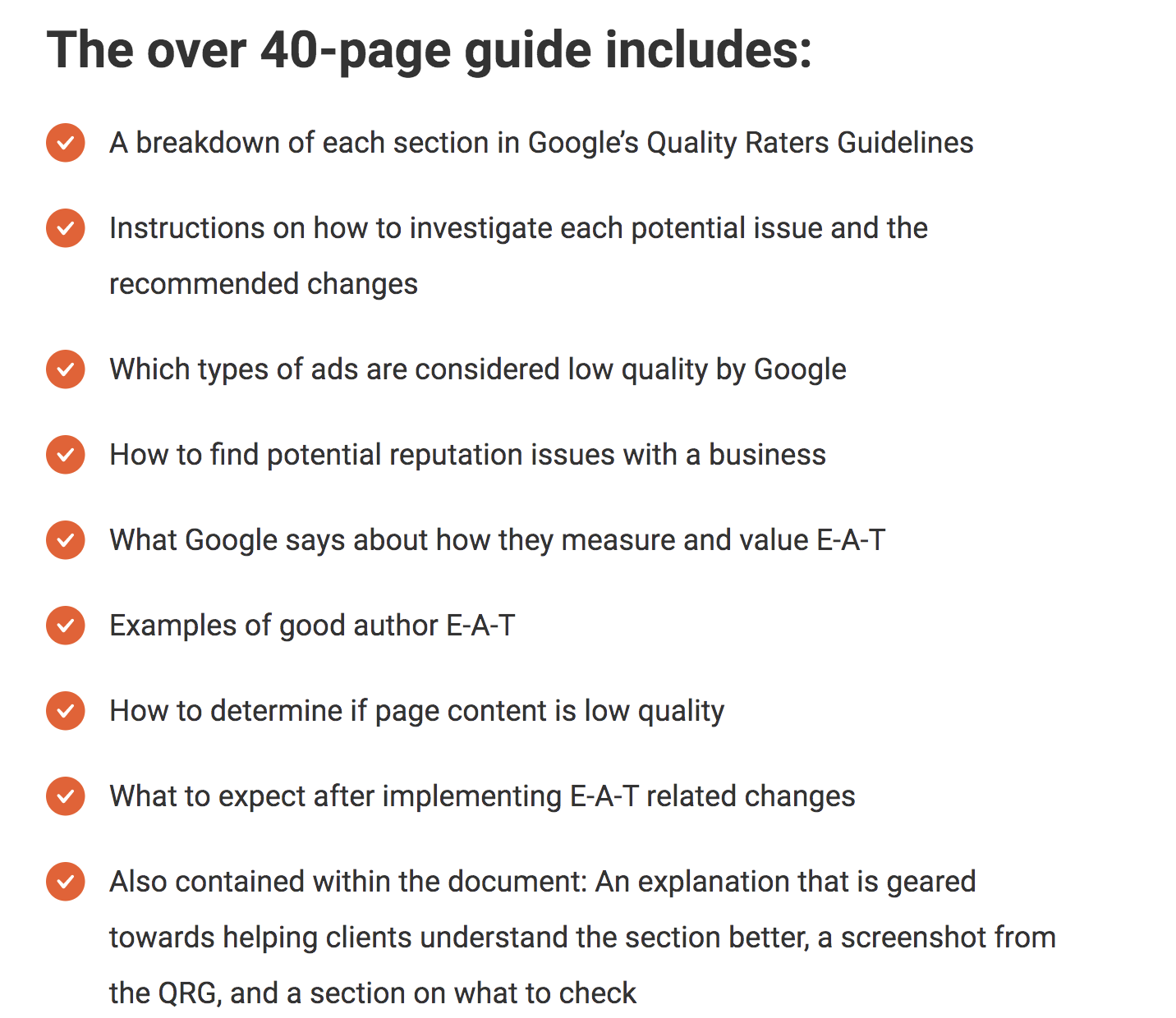
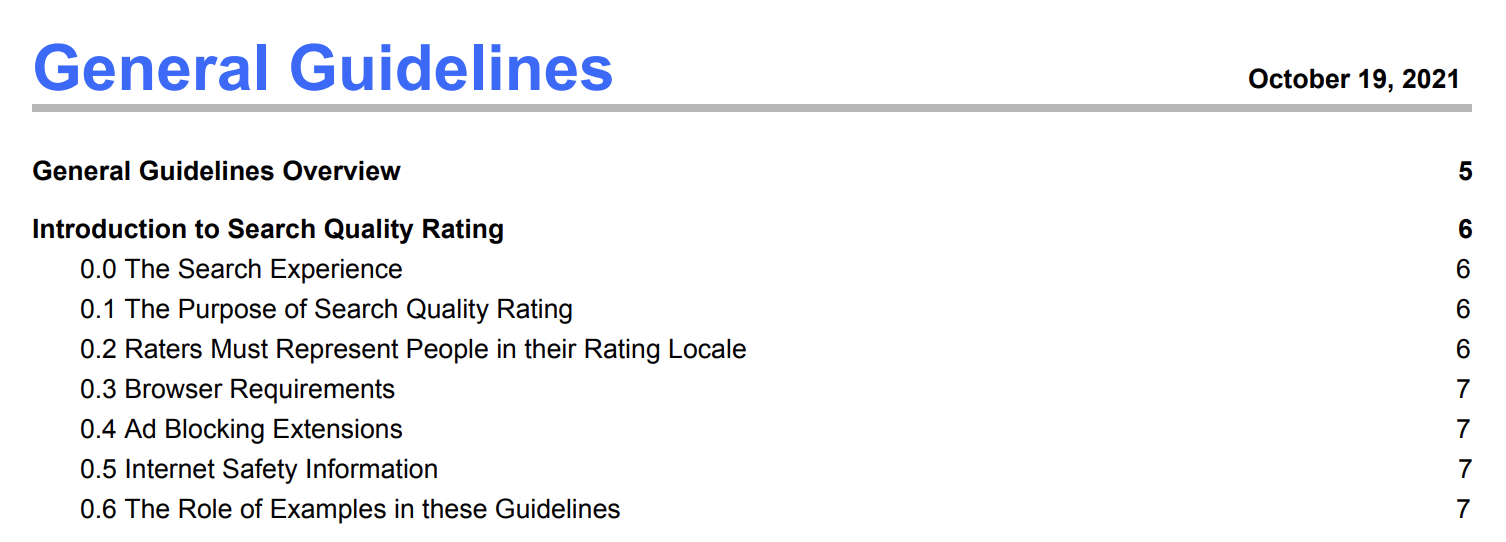
I’d still recommend reading the entire QRG…there’s so much value in there. Almost every time I read it I find something new that we can use to help improve the quality of our sites. If you don’t want to read the whole thing you can purchase our QRG checklist. We updated it in 2020 and really, not much has changed in the QRG since then. If a thorough MHC site review is not in your budget, you still should be able to find plenty of opportunities for improving your website and Google’s opinion of its quality with the advice in this book.
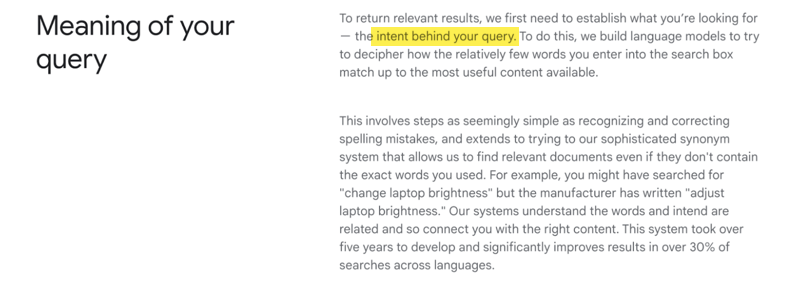
Source: Google — How Search Works
Their first goal is to truly understand what the user’s intent is. I think this goes well beyond simple buckets like transactional, informational or navigational intent. The algorithms are trying to determine what is it that the user really wants to know or do?
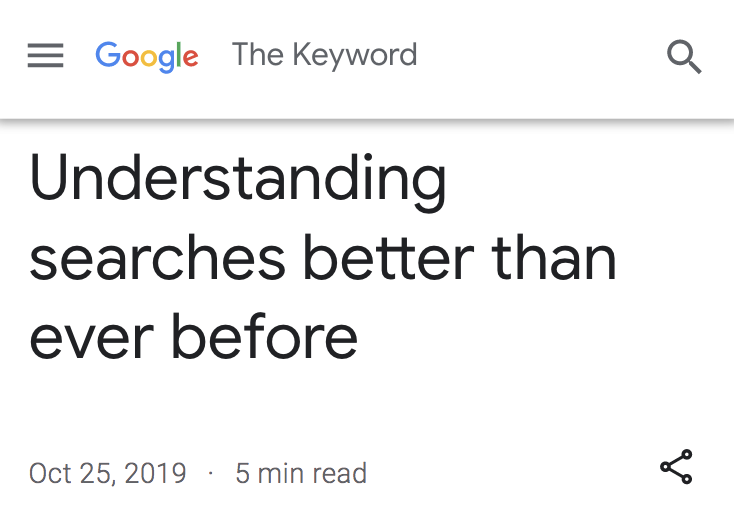
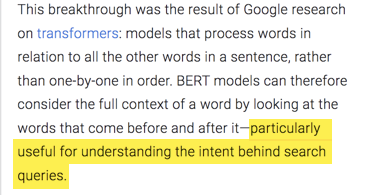
Source: Understanding searches better than ever before
When Google introduced BERT, they told us it is really good at understanding the intent behind queries. And then once they determine what the user wants, they need to match it with relevant content.

Source: Understanding searches better than ever before
Now…this next bit is kind of a big deal that I don’t see many talking about in SEO just yet. Machine learning.
Is Google using machine learning in their algorithms?
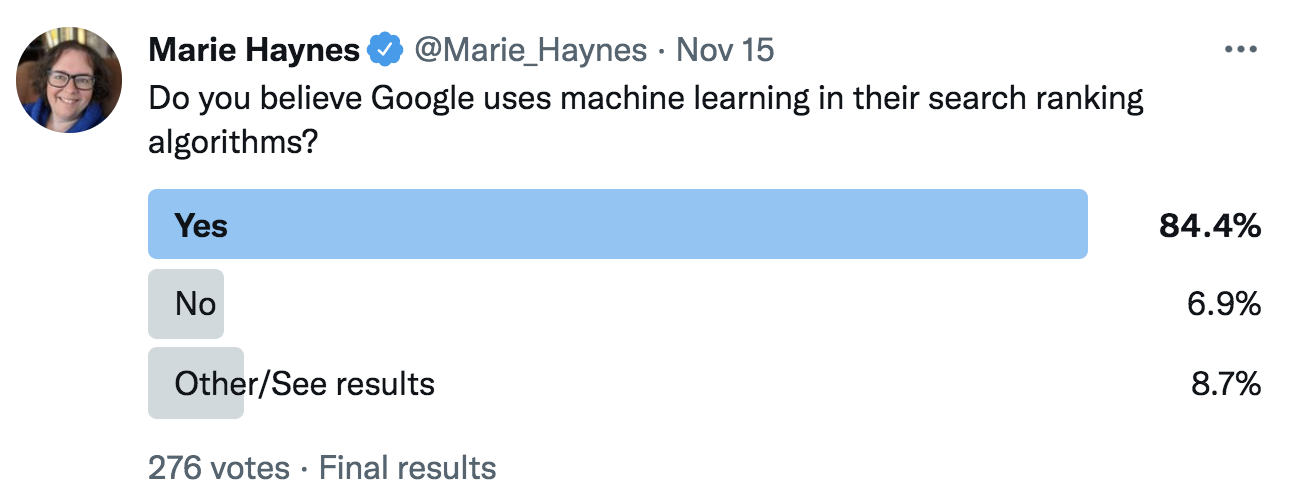
Update: In September 2022 Google’s Alan Kent shared some very interesting information about how Google uses machine learning, trained on the answers to these questions, to determine how to weight the algorithm. At the 19 minute mark, Alan Kent discusses machine learning.
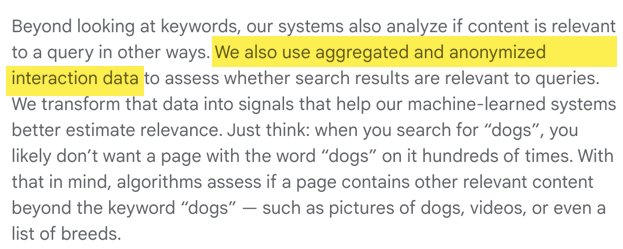
Source: Understanding searches better than ever before
to assess whether search results are relevant to queries. Now, we don’t know whether this is actual data from actual searchers, or, what we think is more likely, the information from Google’s quality raters as they perform their searches.
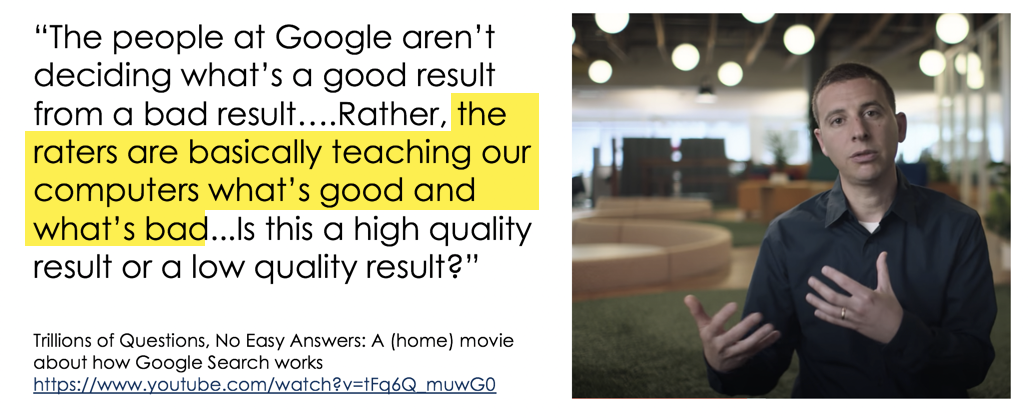
You need to watch this video called Trillions of Questions…I was blown away hearing of the advances Google is making in making search better. When I heard this line, I did a double take. “The raters are basically teaching our computers what’s good and what’s bad.”
(In case you missed it above: Alan Kent and Marie Haynes discuss machine learning being used in this way at the 19:00 minute mark of this podcast episode.)

Source: Understanding searches better than ever before

Oh, how I love talking about EAT. Jamie on my team made this for this talk, and it sparked off our eternal debate on whether a hotdog is a sandwich or not. I keep forgetting which side I’m on cause I can make a good argument for either side!
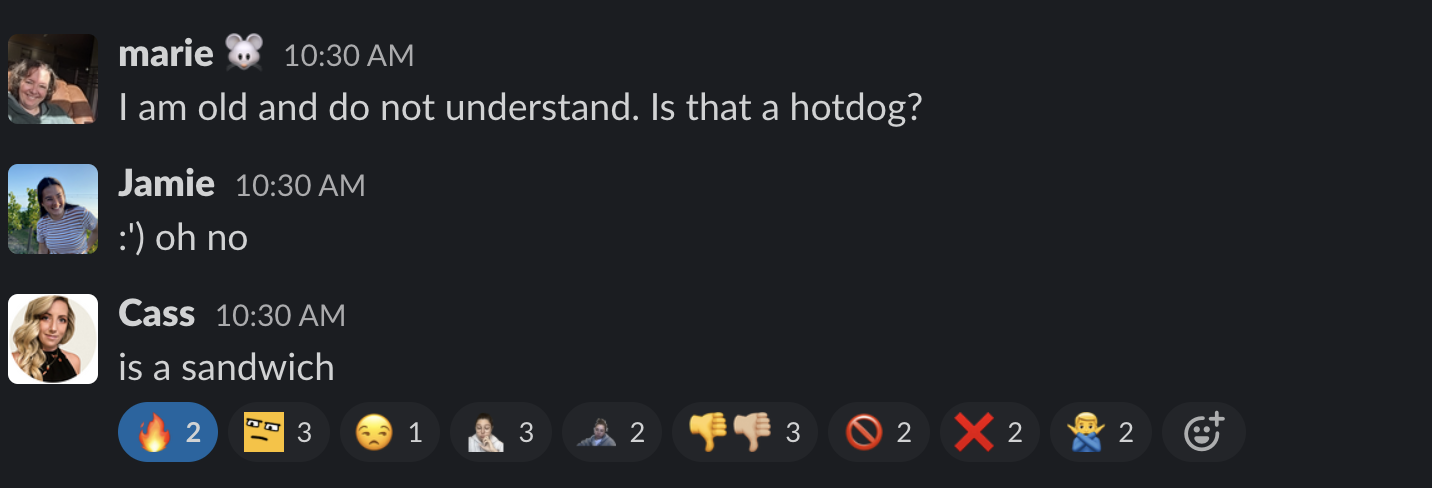
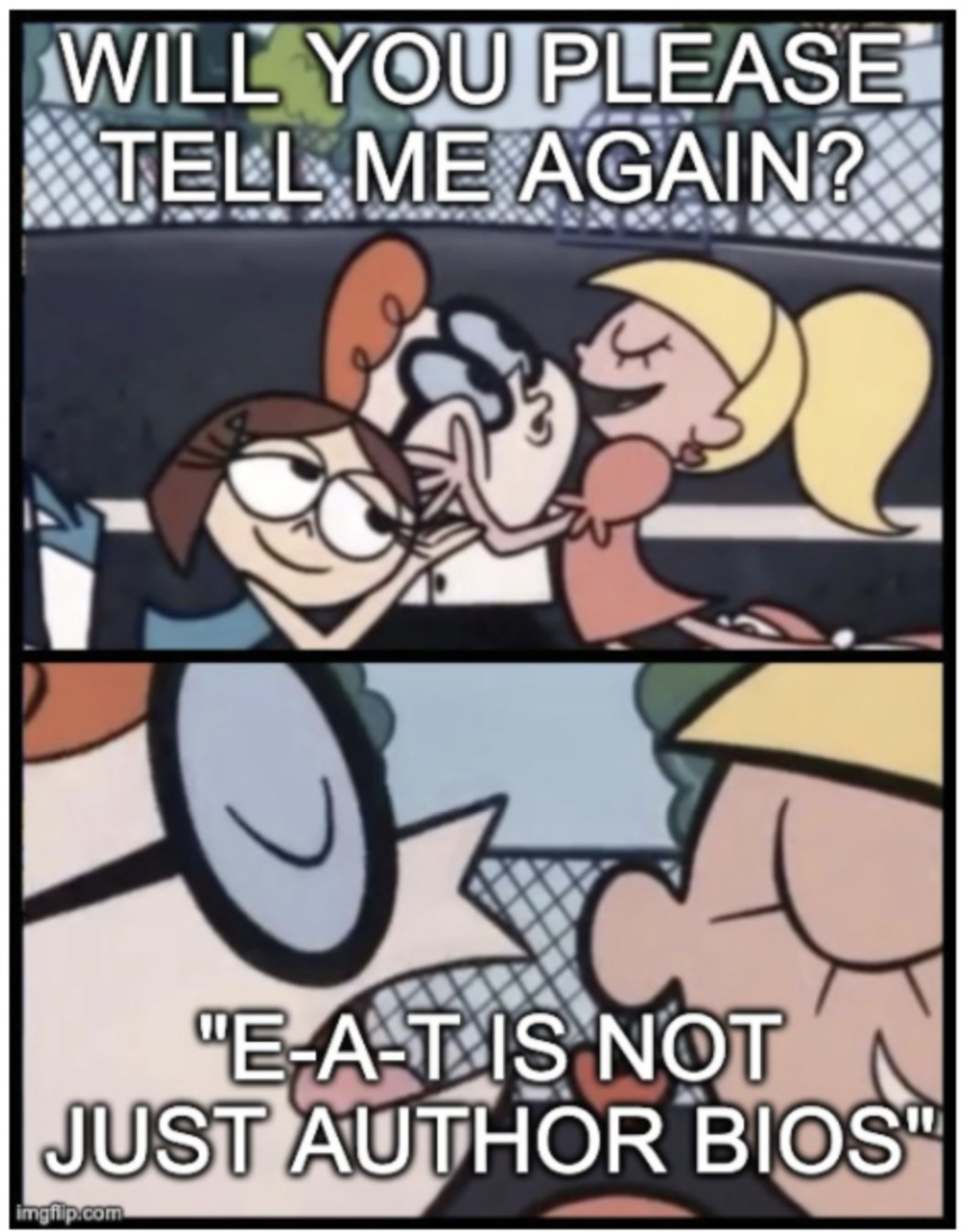
You’ve likely heard that adding author bios can help improve EAT, but it’s so much more. You absolutely should be working on improving EAT. In fact,

Source: How Google fights disinformation
PageRank and authority are closely connected
So does this mean we should all be focusing on link building then?
We believe Google is getting better at knowing which links they should count as trustworthy, authoritative recommendations and which are simply there for SEO or marketing purposes.
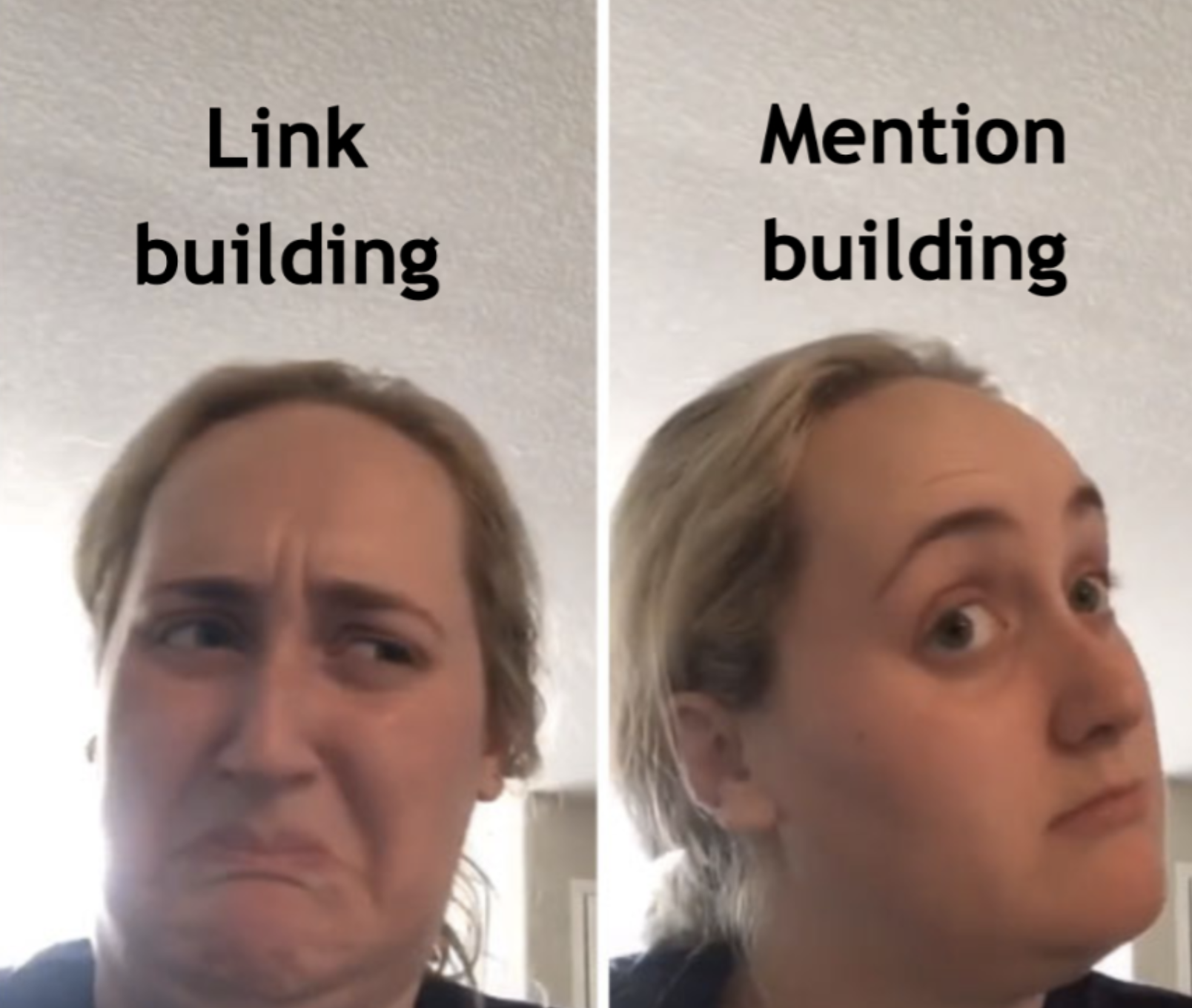
This is not easy to do though. In most cases, if a link is easy for an SEO to get, especially in a repeatable way, it’s not likely to be one that Google wants to count as an authoritative recommendation. We’ll likely have more content out in the future about our thoughts on mention building. We don’t offer it specifically at MHC, but if you reach out, we do have recommendations for companies and individuals that we think do good work in this area.
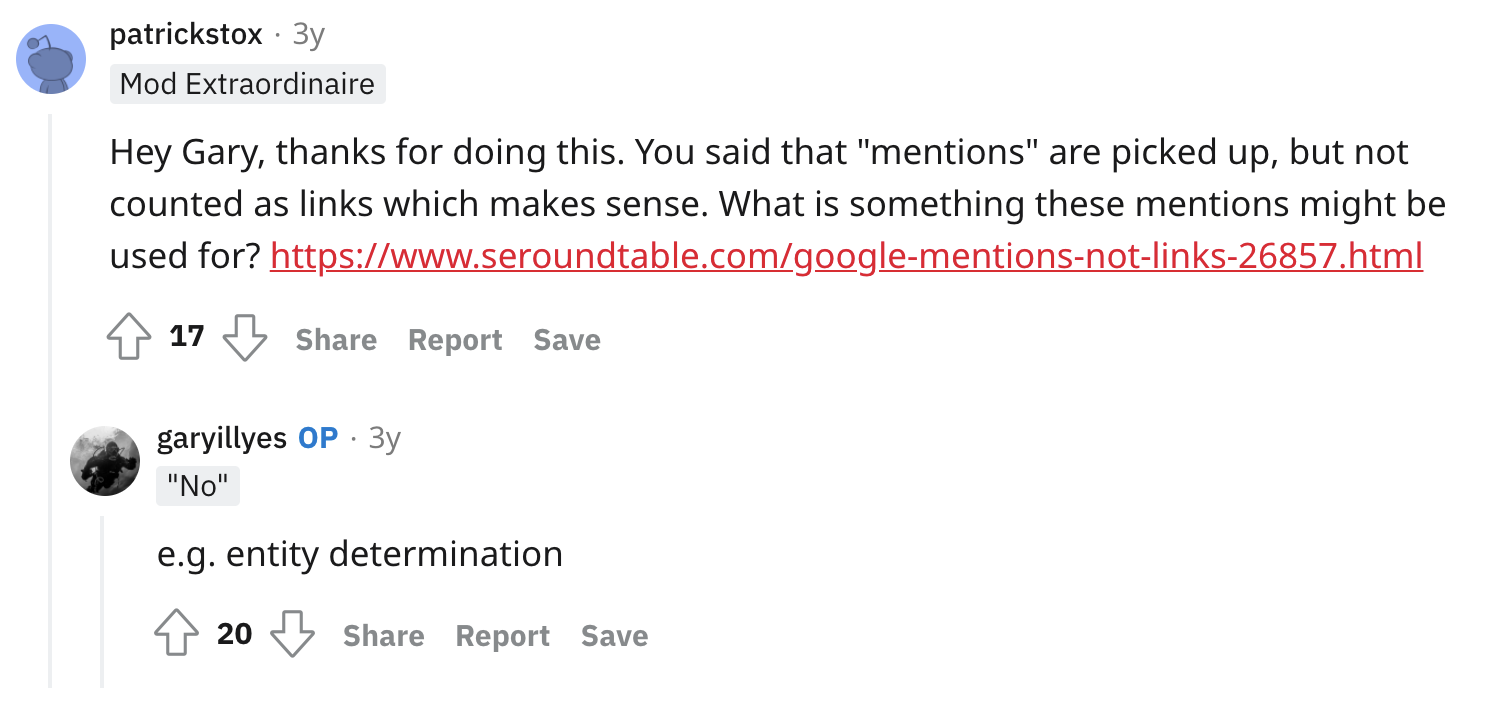
Source: https://www.reddit.com/r/TechSEO/comments/ao3fmk/i_am_gary_illyes_googles_chief_of_sunshine_and/
Which leads me to tip #51, a topic we will likely have future content on because I have a lot to learn here…
You're half way there! 50 more to go.
If I get mentioned on say, Search Engine Land, this could potentially give Google’s algorithms more evidence to believe that yes, I am considered a trustworthy source of information in regards to SEO. The more this happens, the stronger the entity associations are between me and the topic of SEO, and I’m more likely to be seen as an authority in this area.
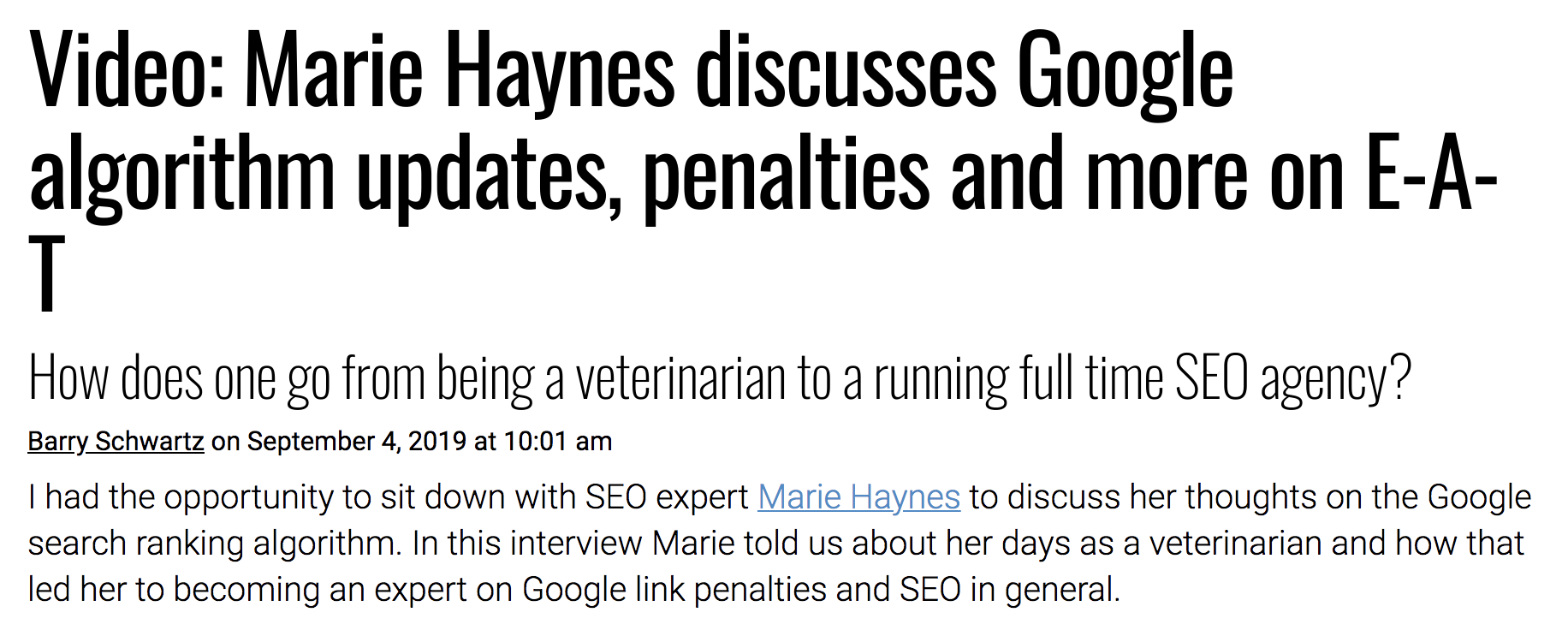
If you want to learn more on entities and their associations you can read this article by Bill Slawski

Source: https://www.seobythesea.com/2014/01/entity-associations-websites-related-entities/
I’m going to say this again…

Think of EAT like a measure of authenticity for your business…Google’s way of determining whether you are genuinely the source they should share with searchers.
In the next bit we’re going to go through Google’s questions they say to ask re core updates and I’ll give some ideas on what kinds of improvements you can make based on these questions. Working on these will help you improve your EAT and also content quality.
Something to know…

Many of the things I’m going to suggest here can only be changed on a page by page basis.

And that’s bad news if you have a site that is seeing drops across thousands or even millions of pages.
Sometimes you can make changes to your template or design to make all pages across your site more usable.

OK, the questions! Let’s look at these questions in Google’s blog post. The ones they tell us are the key to creating great content. For each of these questions you should be looking at content of yours that declined with the core update and compare it to content that is now outranking you.
Your goal is to find areas where you can improve.

If a reader was given the choice of reading your article as opposed to someone else’s, is yours clearly more valuable than others out there? Would readers consistently choose to engage with yours rather than a competitor — especially an authoritative competitor?
I’m going to give you a few ideas on how to create content that actually answers the questions your customers or searchers have. When my team and I do site quality reviews we try to come up with loads of ideas like this for each of our clients.
One easy thing to do is use surveys to
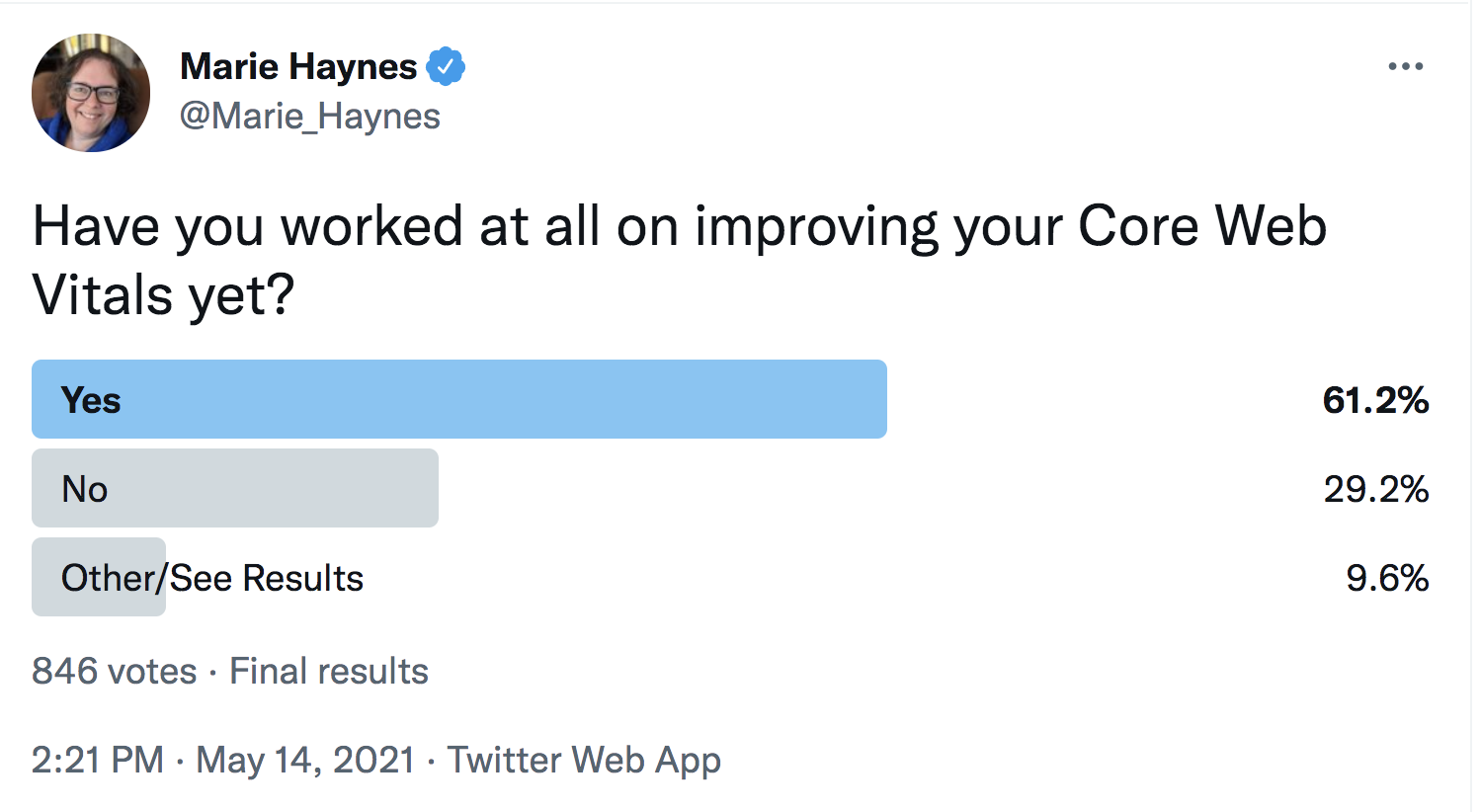
You can find out what questions your audience has by asking your audience!
Or, you can

Another thing you can do is

Knowing what questions to answer makes your content more helpful. A lot of people create content by looking at what content competitors have and then doing the same. You want your readers to consistently feel that they get secret insight when they choose to engage with your content rather than your competitors.

Substantial…complete…or comprehensive description of the topic.
Check the content that started outranking you…does their page do a better job at quickly getting the searcher exactly the information they need to answer this particular query?
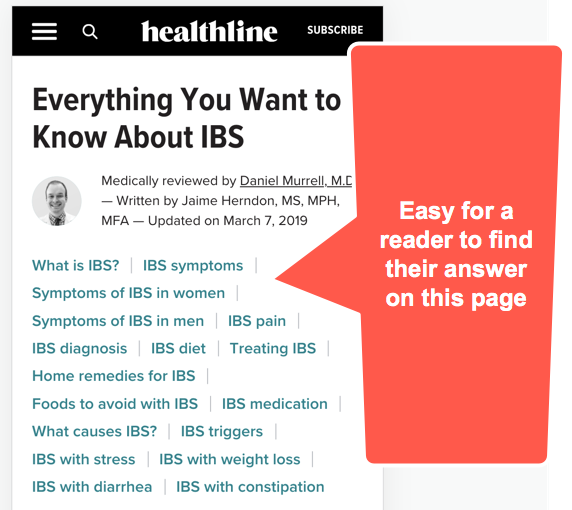

Source: Search quality evaluator guidelines
This is a big deal. I’m trying to do this right now with this article you’re reading. Google’s quality raters are taught that a page that fully meets a searcher’s needs is one in which “Almost all users would be completely satisfied..[and]..would not need additional results to fully satisfy the user intent.” That’s a big task!

So many people are producing content that answers “what is x”, when there are already many articles that answer that question. You want your readers to consistently say, “Oh, this is good! I did not know that!” You need to add value beyond just reporting on facts if you want to rank amongst authoritative sites that are also publishing the facts.

Again, if you’re an authority you can often get away with just reporting on facts. If you’re not, you need to find ways to add value and originality to convince people to read your stuff.

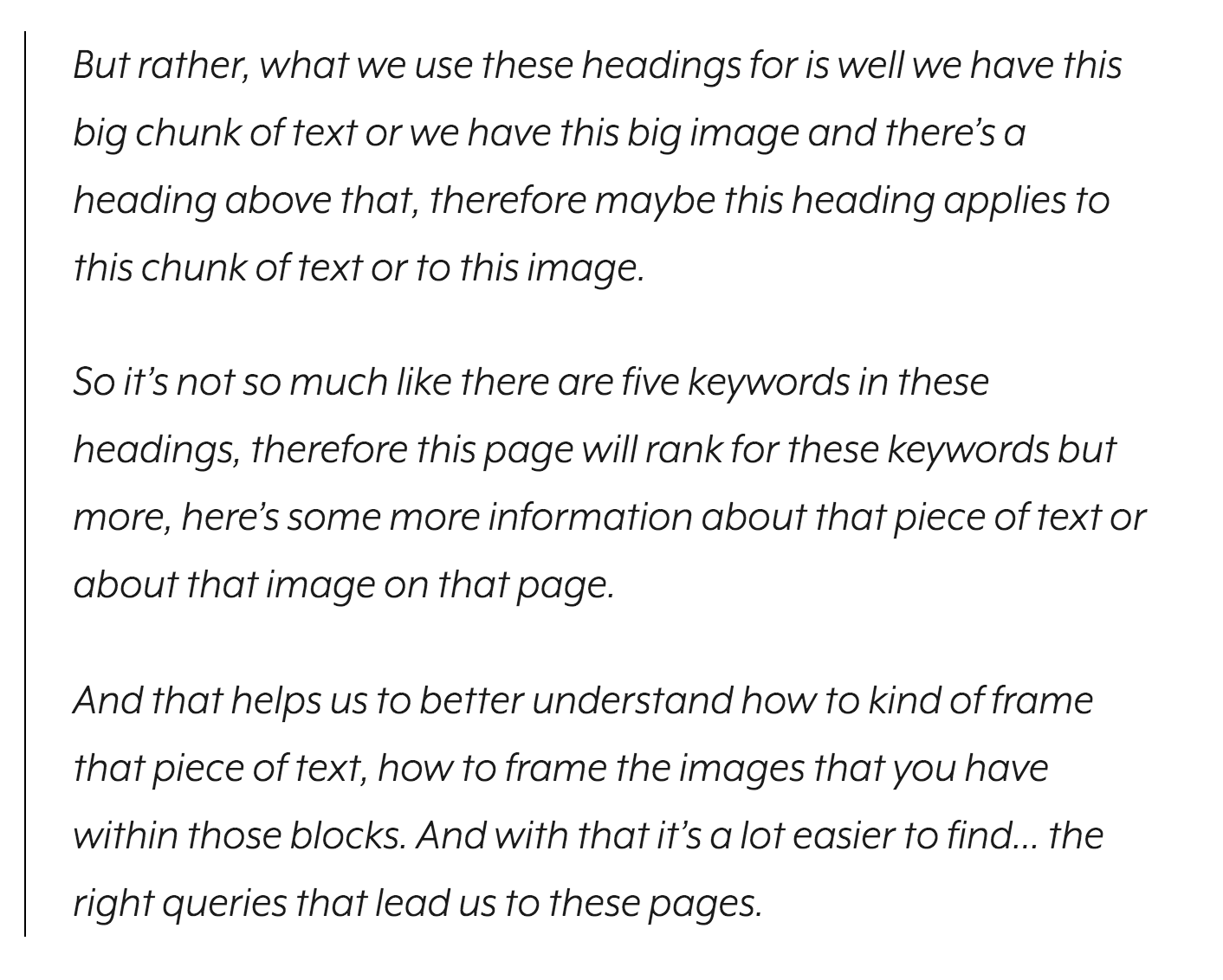
– John Mueller
https://www.searchenginejournal.com/heading-tags-for-seo/341817/#close
Headings help Google better understand how to frame your content. I think there’s a more important reason to have good headings though. They guide readers to find the helpful parts of your content quickly…
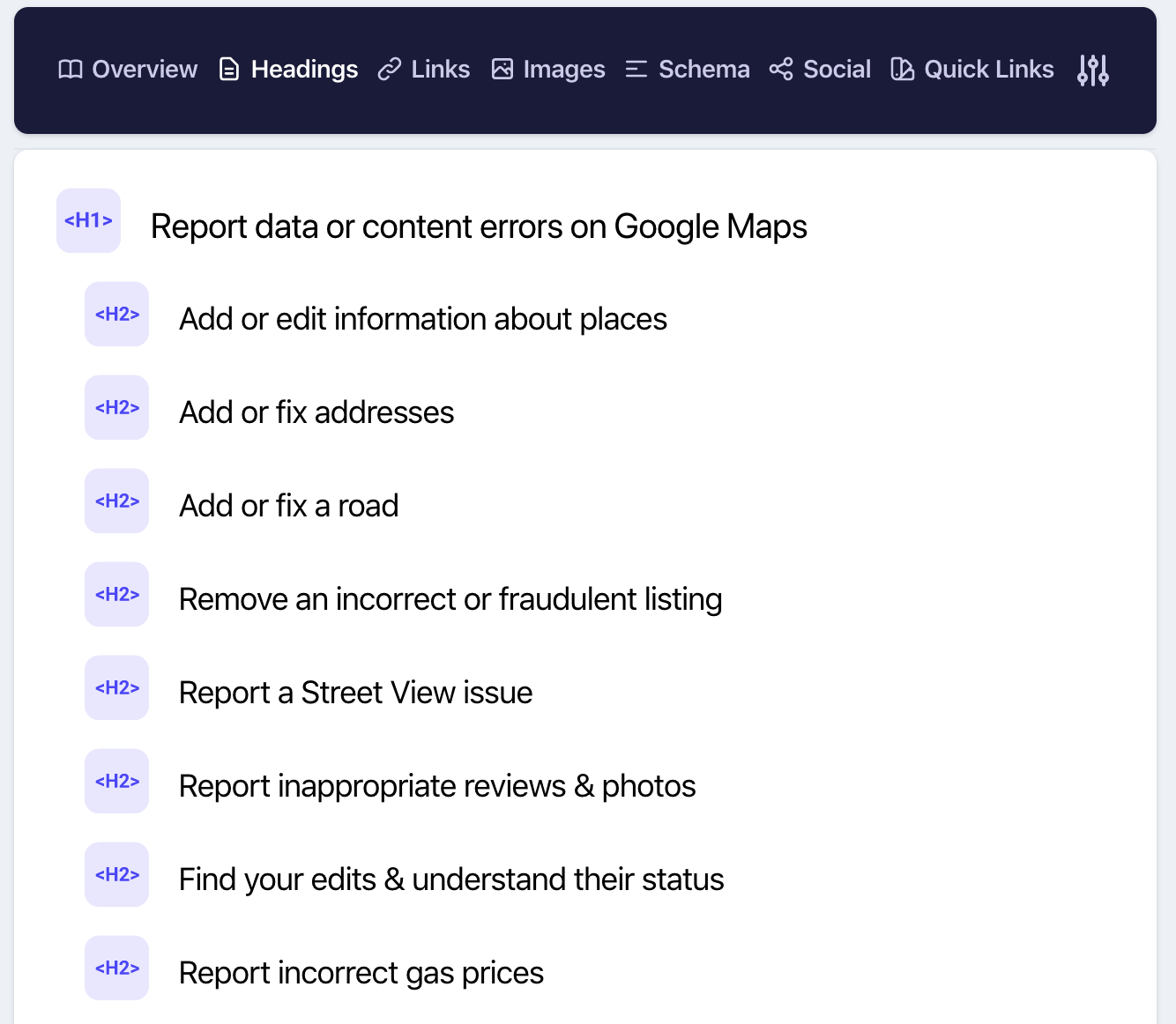

You can use a Chrome extension like Detailed to quickly see what readers who skim headings see on your page. Can they quickly understand that their answer is on this page?

This doesn’t mean we all need bulleted lists on every page…What you should do, is look critically at the pages that Google elevated above you with a core update…if they use a bulleted list does that help the searcher skim better and find their answer more quickly?
It caused quite a stir recently when John Mueller said very adamantly that
It’s really important to

Miley Cyrus is not dead.

Source: Search quality evaluator guidelines
If your titles and headings are tricking users, Google does not like that. Searchers don’t like that either.
Now, here’s a hard question to ask yourself…

Google says good content is the kind that people would want to bookmark or share. The type of content that people like to share, really, is the type of content that users find truly helpful.
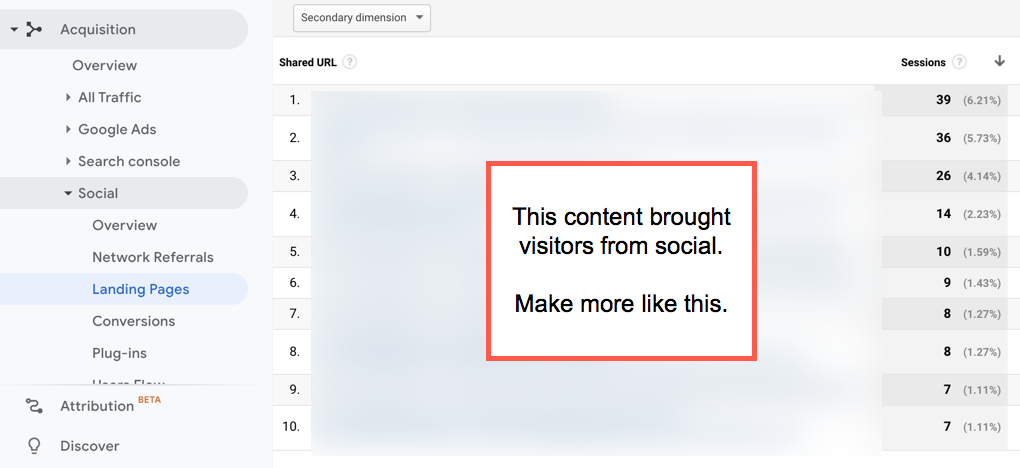
You can look at analytics data to determine which pieces of content got organic shares. Create more stuff like that and it will probably rank well. Figure out what people found helpful in that content!

I snuck this in because she’s cute. My team felt I was robbing you of a tip though so don’t worry, she’s tip #71.5…take time to relax every now and then. Here’s a picture of my beautiful Sally.

Citing sources helps your readers trust your information. But not just any sources…
If one site’s content is based on references to blogging sites and your competitor is referencing authoritative sites and scientific articles, which article do you think readers will consider more credible?
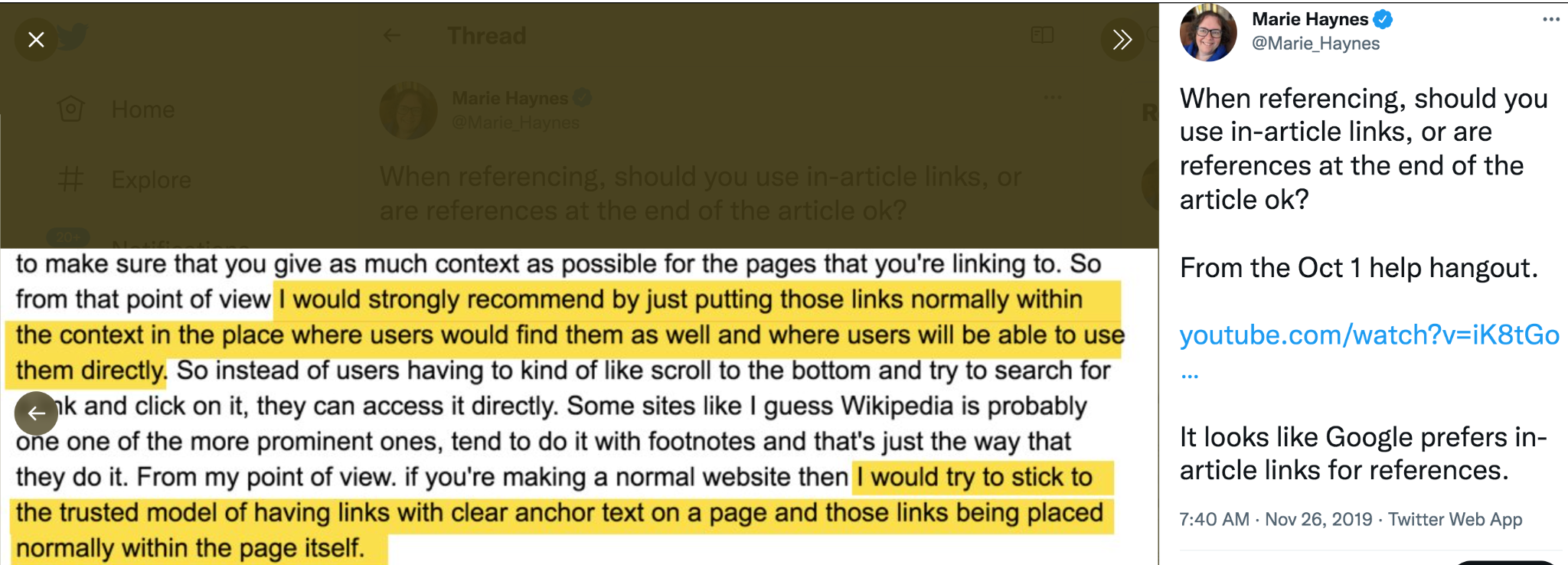

You want your readers to know that you are qualified to teach them on this subject.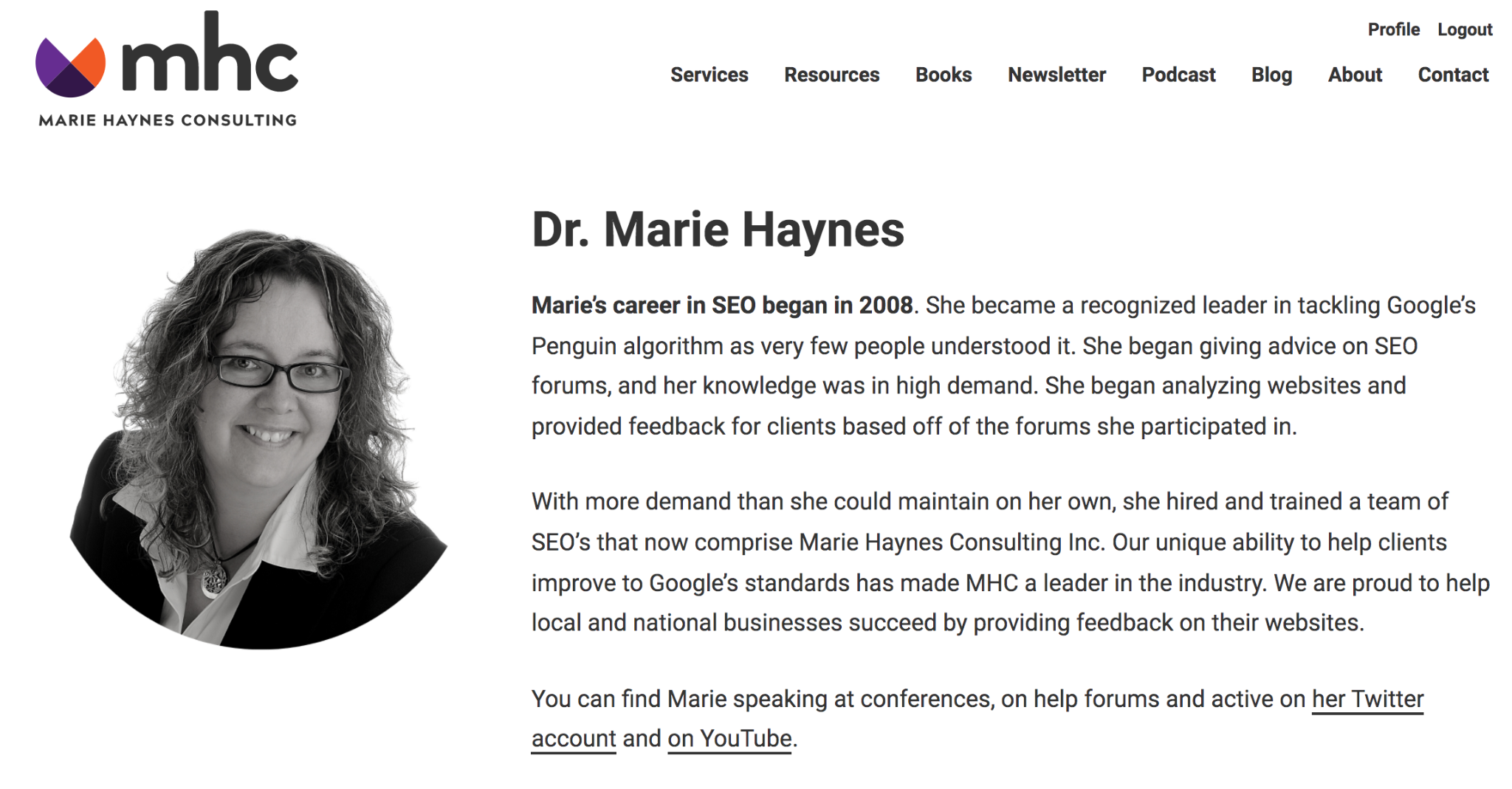
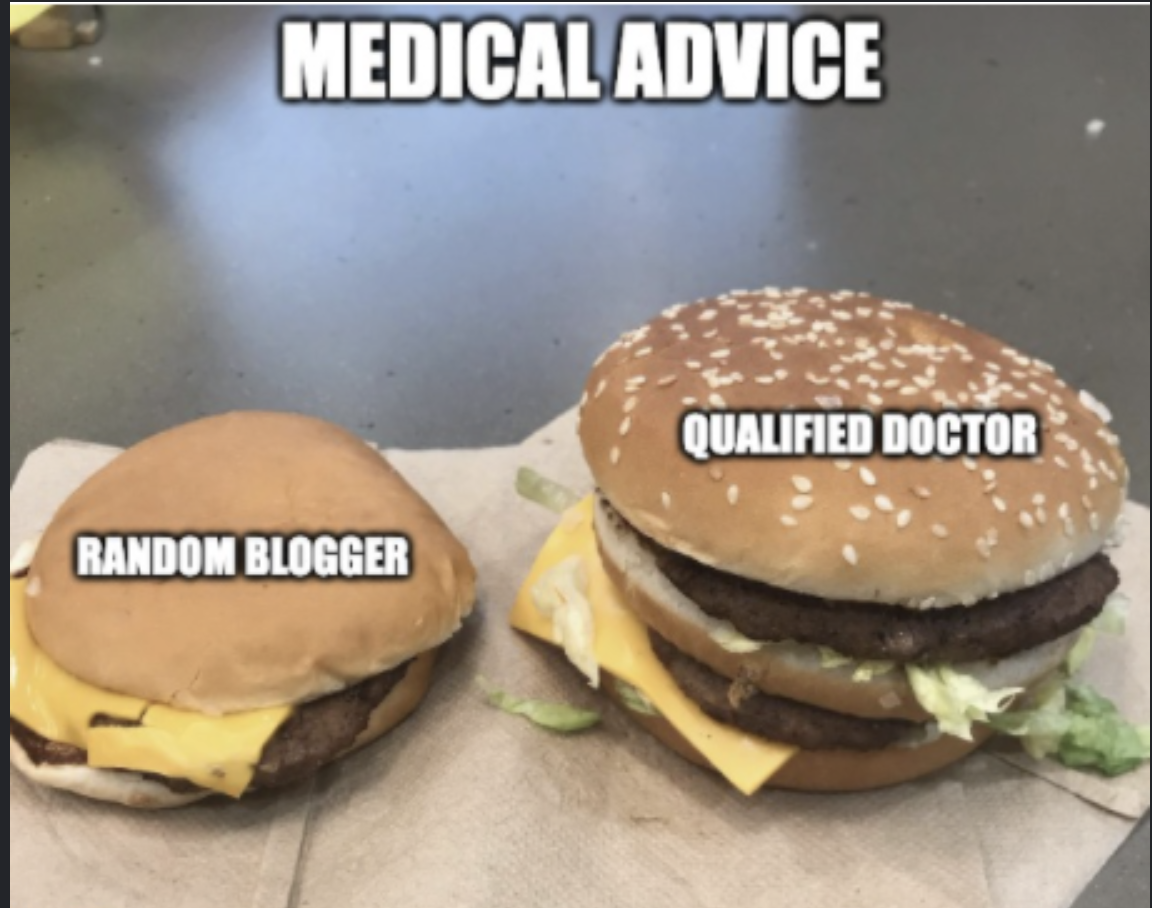
Sometimes the best answer is always going to be from a qualified professional, but not always!
If you’re
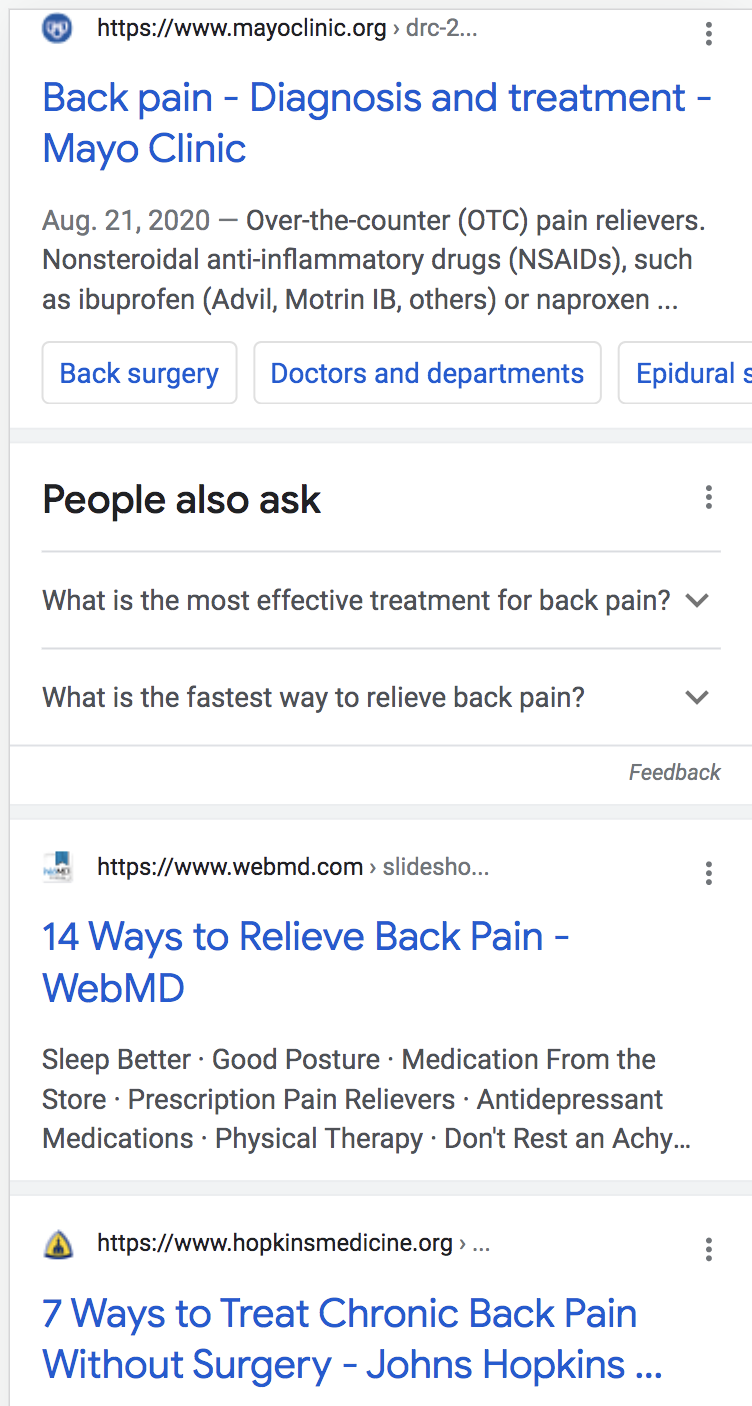
If all of the sites ranking above you are written by doctors, then you likely need a qualified doctor to write or fact check your content if you want to have a chance at ranking here.

You can link to pages, or you can do this on the article page itself. The point is to make sure that readers can learn more about your authors and their qualifications should they want to.

If you’re listening to the video and you’re American, feel free to make fun of me…apparently About is very Canadian😂.

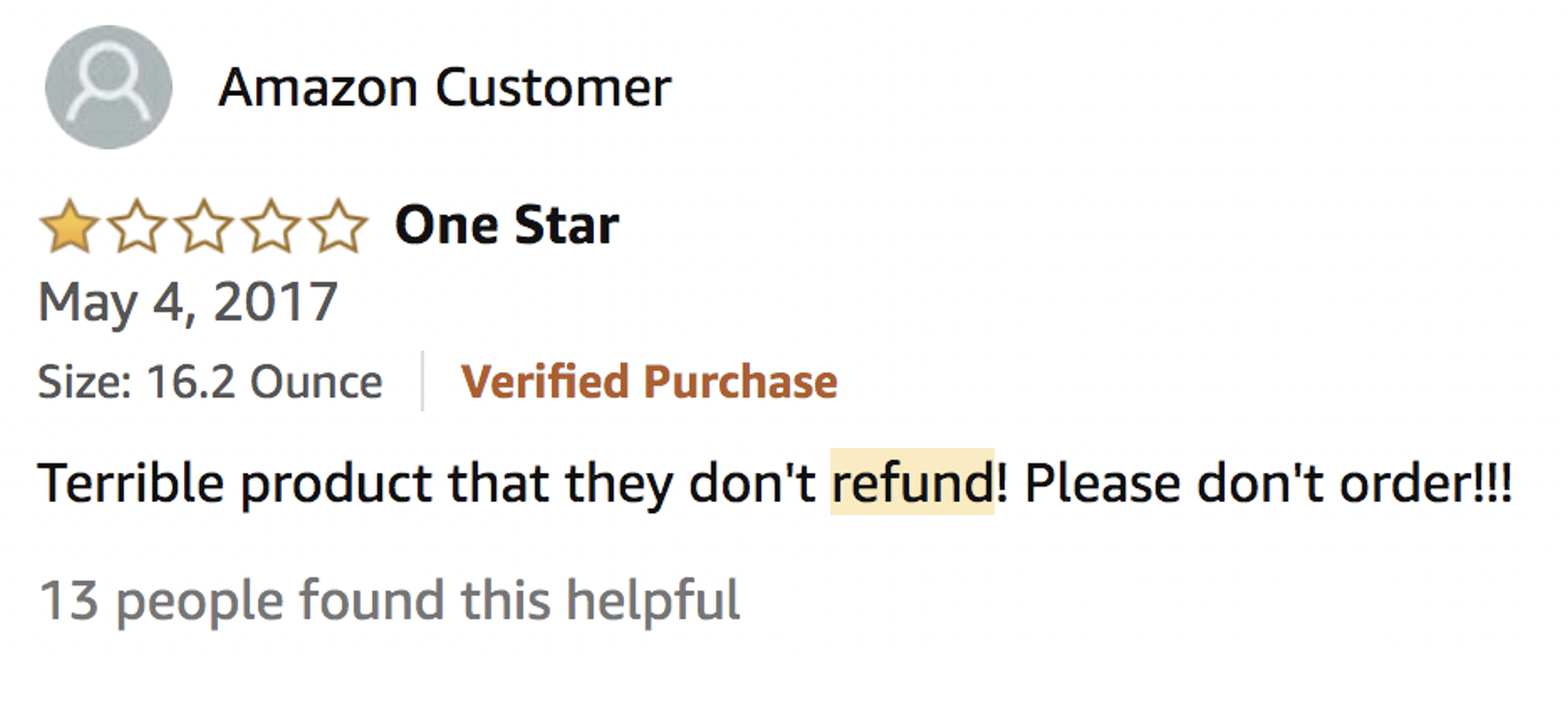
Google doesn’t want to recommend sites that consistently disappoint searchers.
We don’t know whether Google uses sentiment of reviews, but they may. Even if they don’t, responding to reviews shows potential customers you’re dealing with these issues.

Source: Sentiment detection as a ranking signal for reviewable entities
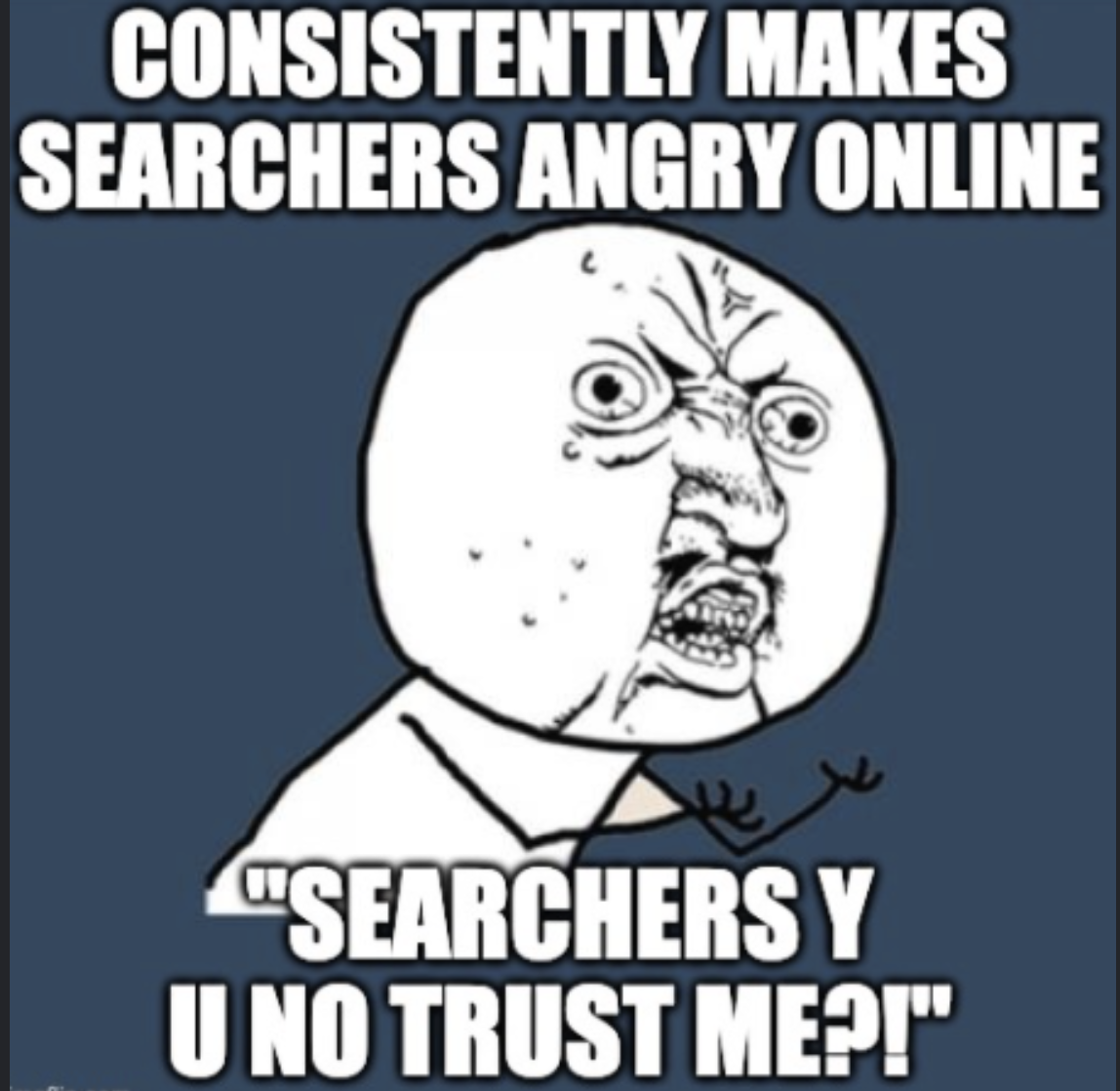
This can go beyond the scope of what an SEO can do sometimes. If your business is consistently making people angry online, Google is not going to want to recommend it.
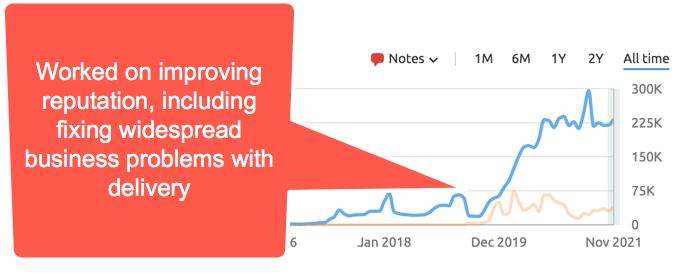

Public relations is not link building…it’s improving the public’s recognition of your business, your website, your authors even. Mention building…getting links and mentions in authoritative places is one way to be recognized more and more as an authority.

I’m not saying that a Wikipedia page will automatically boost your rankings or is a direct ranking factor. But if you are notable enough to have a Wikipedia page you should probably try and get one.
Doing the work to get included in Wikipedia should translate to great EAT improvements.
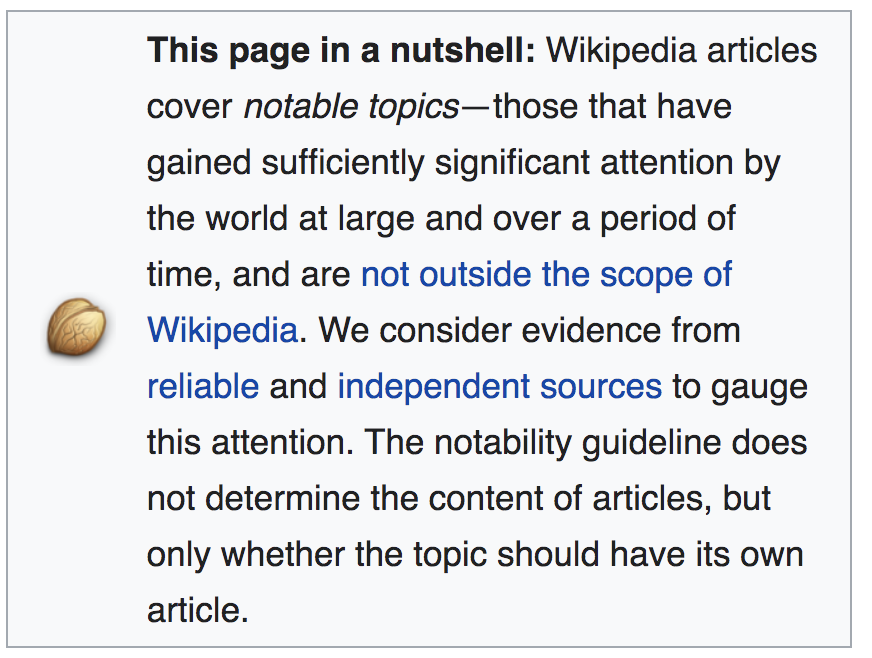


Years ago it was good SEO advice to publish some kind of content…even if mediocre, every day. The more the better…We are seeing a lot of sites come to us recently with traffic drops and we find thousands, sometimes millions of pages of content that’s just ok…no better than anyone else’s.
In the past you could build links to this kind of content, or even to the site itself and sites with mediocre content could do really well. This is not so much the case now.

Many of you are going to want specific guidelines here on how many ads are too many. I believe that if your ads are consistently annoying users, then this could be one of those hard to measure machine learned weights in the ranking system.

When you are comparing yourself against competitors, who offers a better mobile experience?

User testing…with actual potentially frustrated users can be incredibly helpful here.
Ultimately though, recovery comes down to being able to

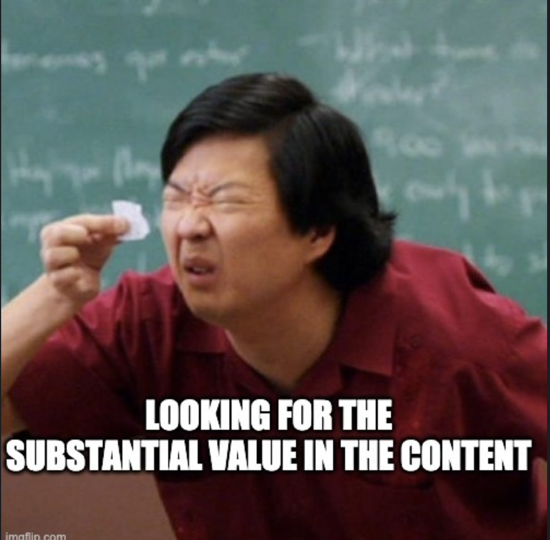
Google may not have it perfect in every case, but more and more we are seeing that sites that win have content that is as helpful as possible.
Good SEO can only take a site so far. Content is what Google tells us to focus on.
As I was writing this content I’m sharing with you right now, I came across this Tweet thread by Rich Tatum. It’s too long to share in its entirety, but I believe that he’s captured in this thread what it takes to produce content that truly is what users want and what Google wants to show them. I’ve linked to it in the description.
This is deep, profound stuff, and not a brief you can give to a copywriter. But if you can create content in this way, I believe you’ll do really well with core Google update
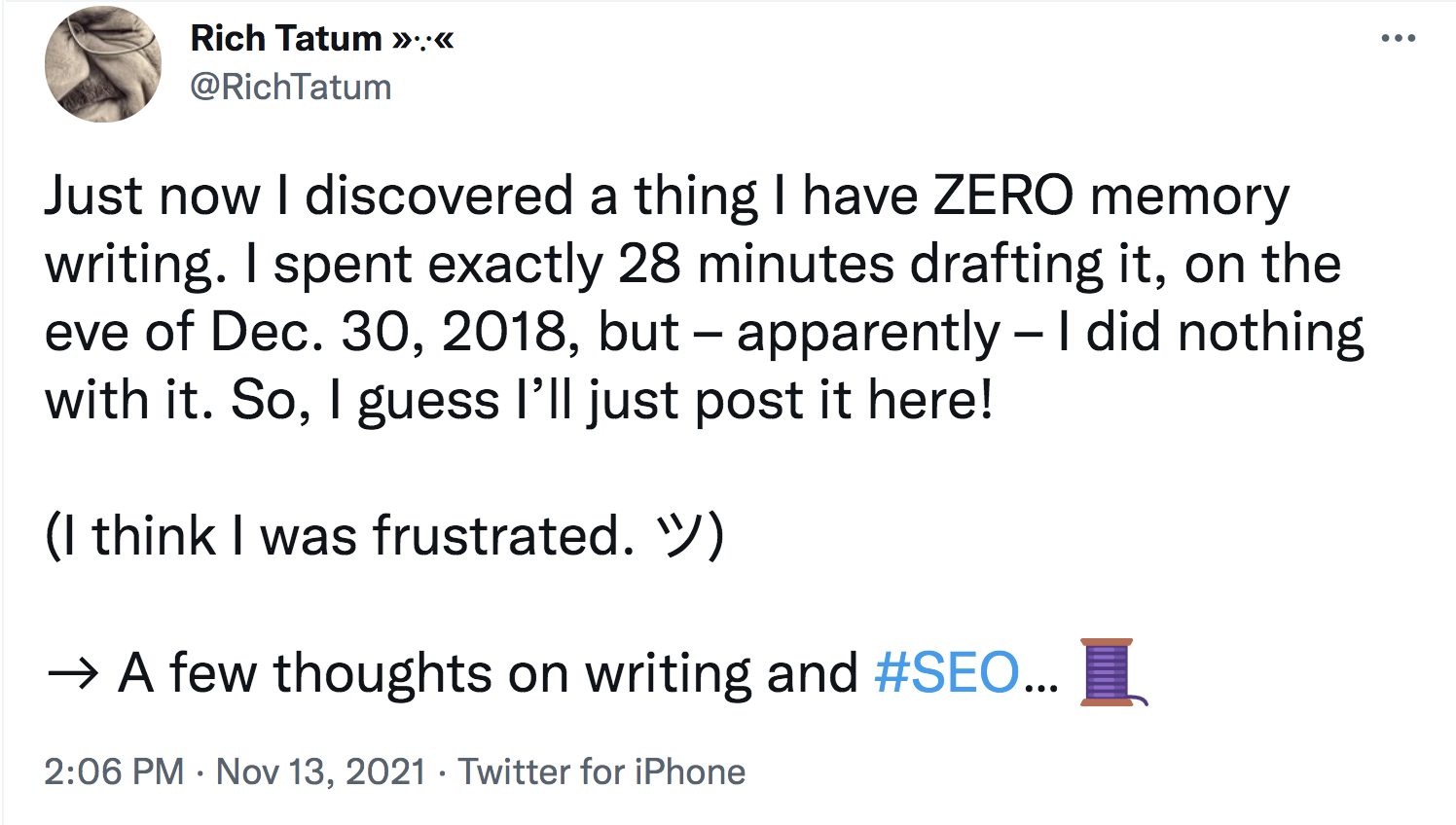
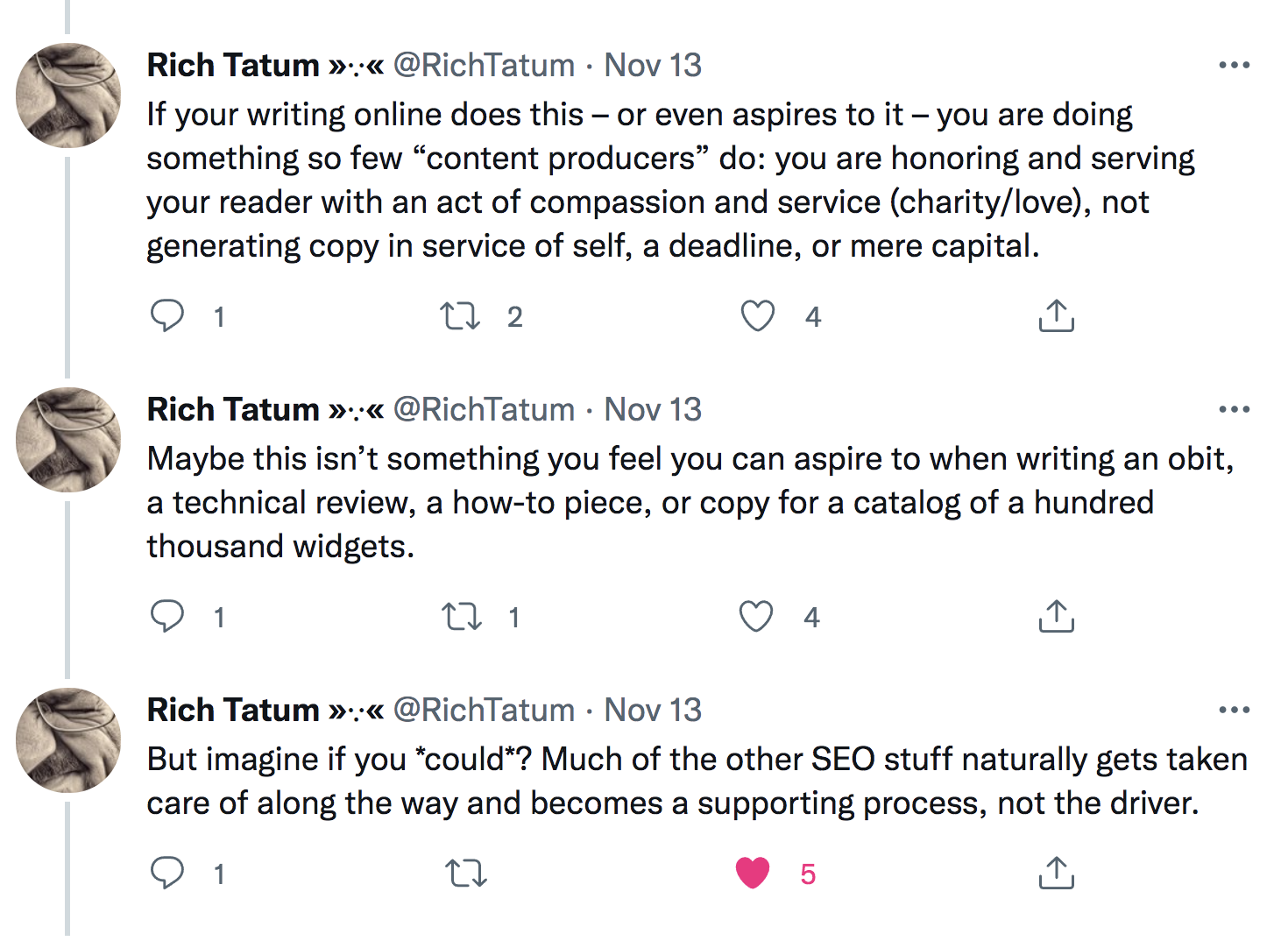
So now let’s get to the exciting part…recovery! If you have worked on improving the things I’ve spoken on so far, what can you expect to see?
First off,
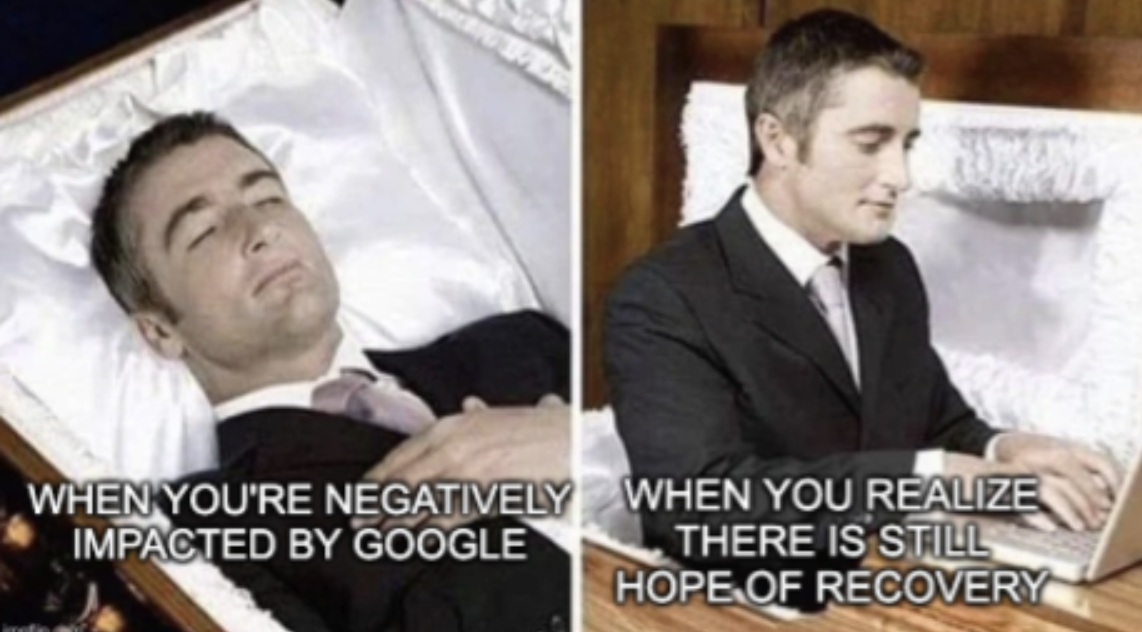

Here’s a client of ours that did great!

Now, look at this site…

They improved quality by doing this we’ve talked about like adding references where possible, beefing up their author profiles and about page and this likely contributed to their gains.
However… when you look at the big picture this is not anywhere close to a full recovery!

Because,
This site didn’t make a full recovery because much of its focus is to speak against traditional medicine, which is something that the quality raters are told is a sign of low quality.
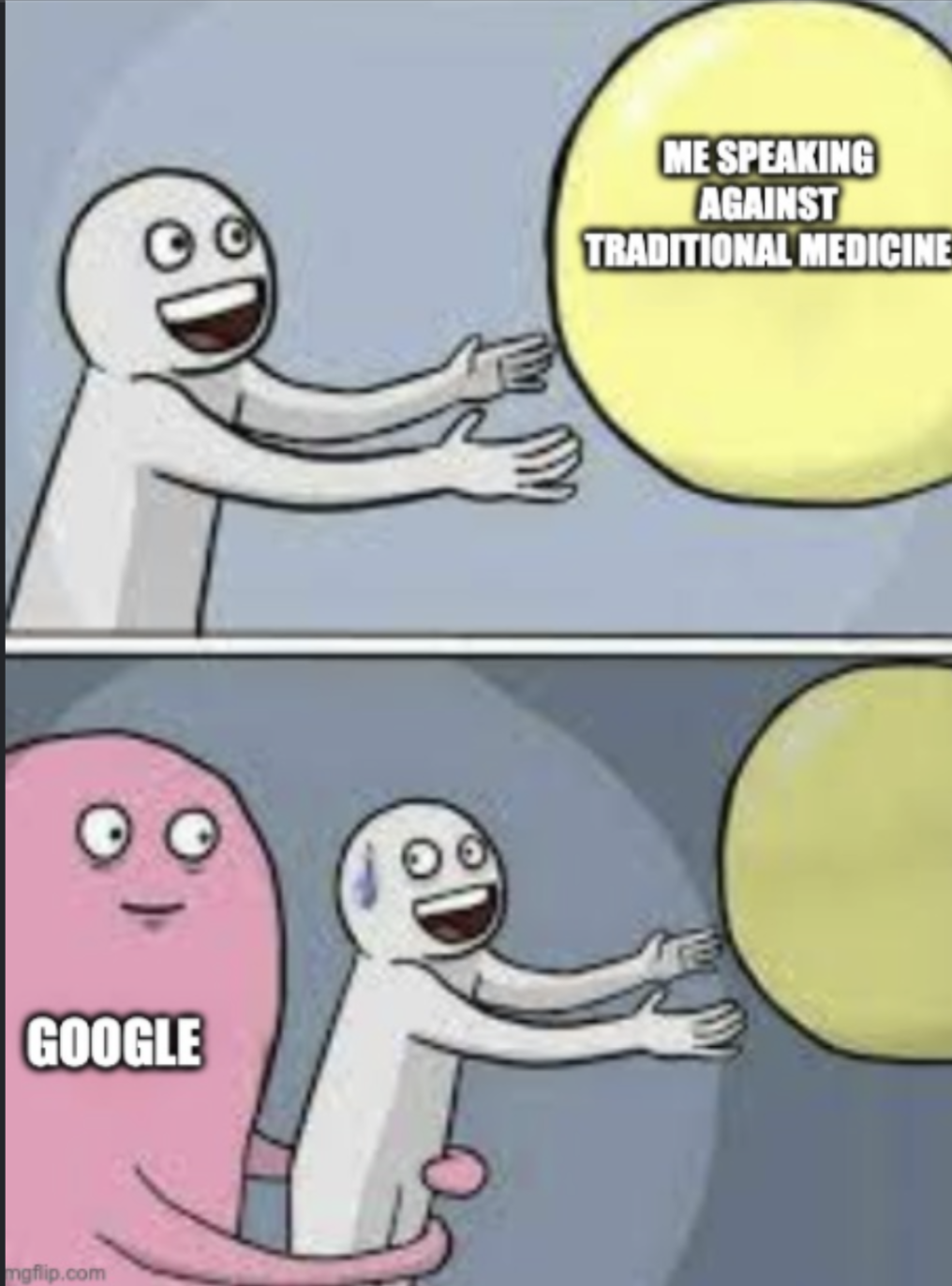
![]()
The recovery you are seeing is bit by bit Google discovering that your content is more helpful and relevant than your competitors’…we’ll often see a steady increase for a while until things level out.



And tip #100, is the most useful tip I can give you. It’s to subscribe to Search News You Can Use.
There are 12 of us at MHC and all of us are continually learning about what it is that Google values and rewards. We put pretty much all of the stuff we learn in the newsletter. There are two versions. One is free. A lot of the best stuff is only in the premium subscription which is $18 per month. For that, every week you get to read our insight and the knowledge we’ve curated from around the web.
If you’ve been negatively affected by a Google core update, most sites can recover, and in some cases do even better than they did before the hit. But it takes a lot of work to produce high quality websites that searchers truly do find helpful.
I hope you’ve enjoyed this type of content…this is something new for us! I’ll be back resuming podcast episodes of Search News You Can Use very soon. I look forward to talking with you then and I wish you the best of luck with your rankings!



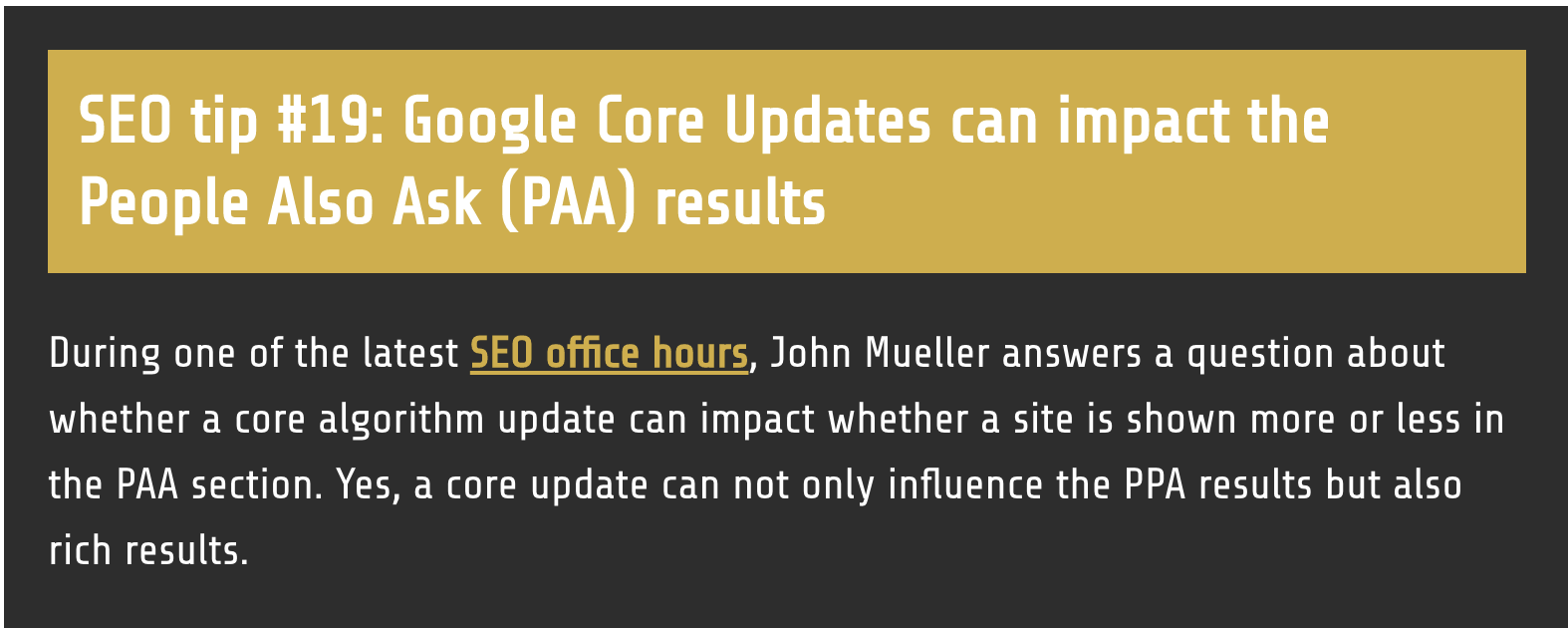
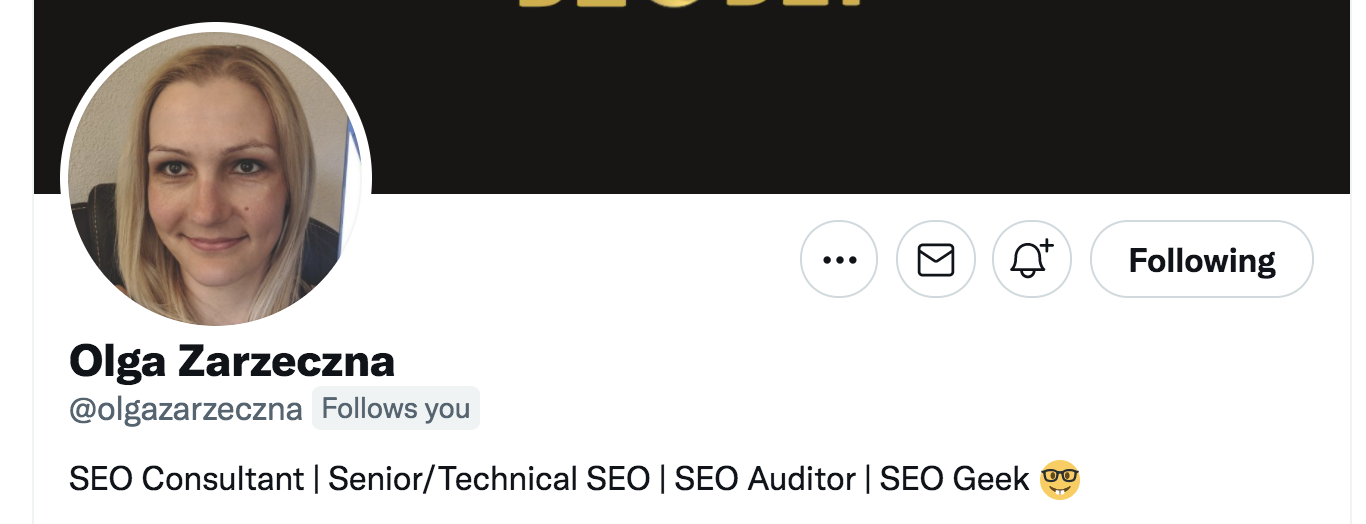
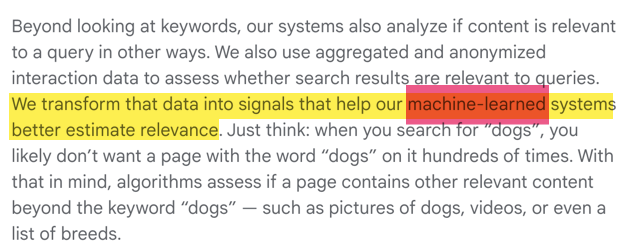
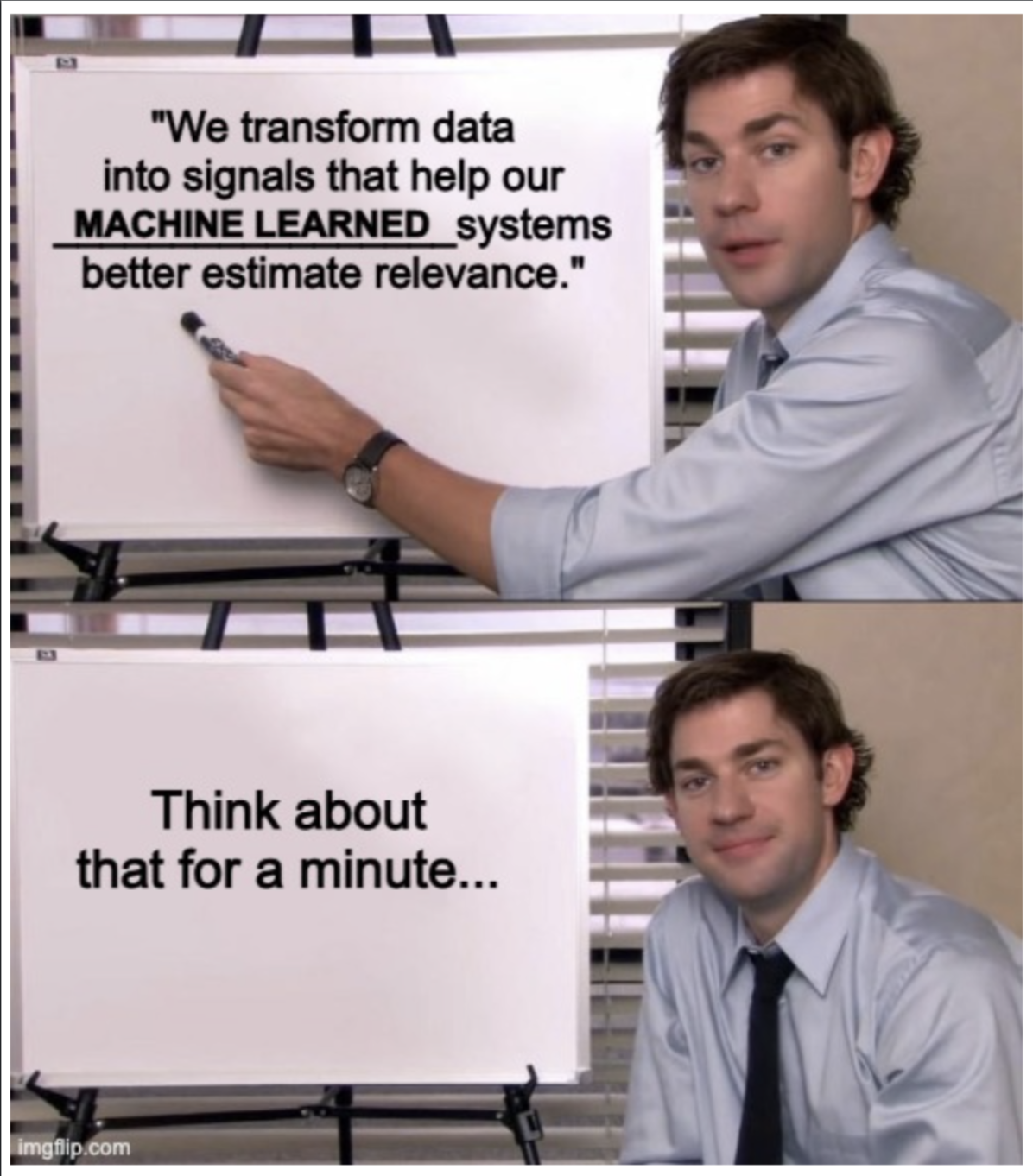

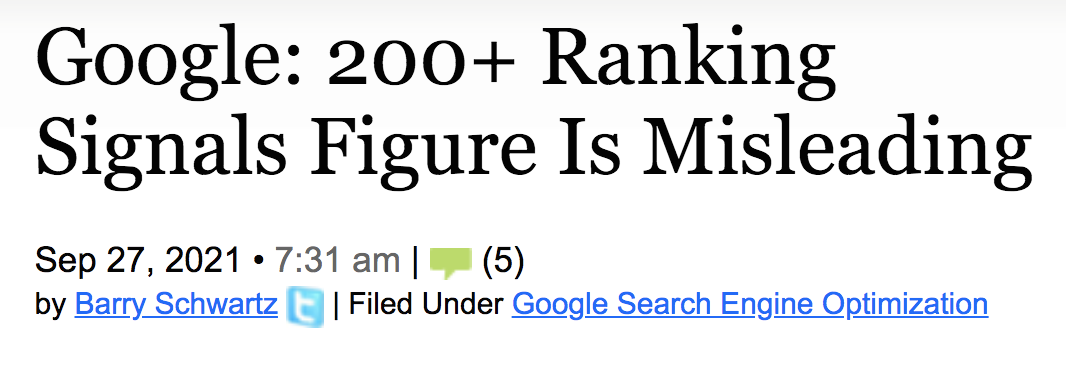



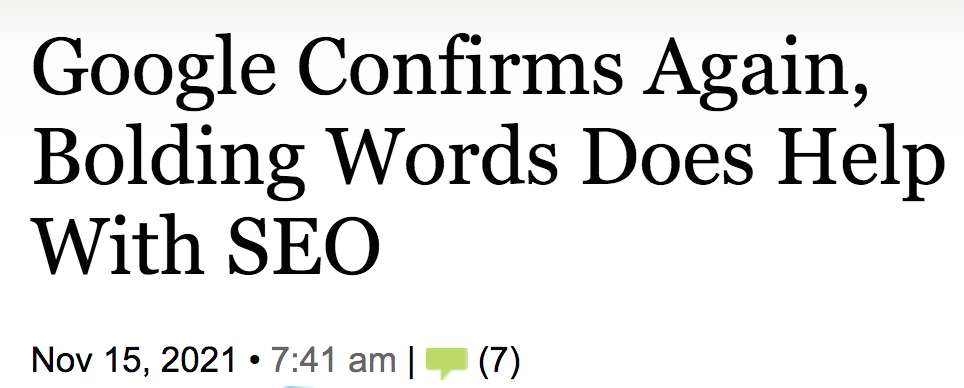

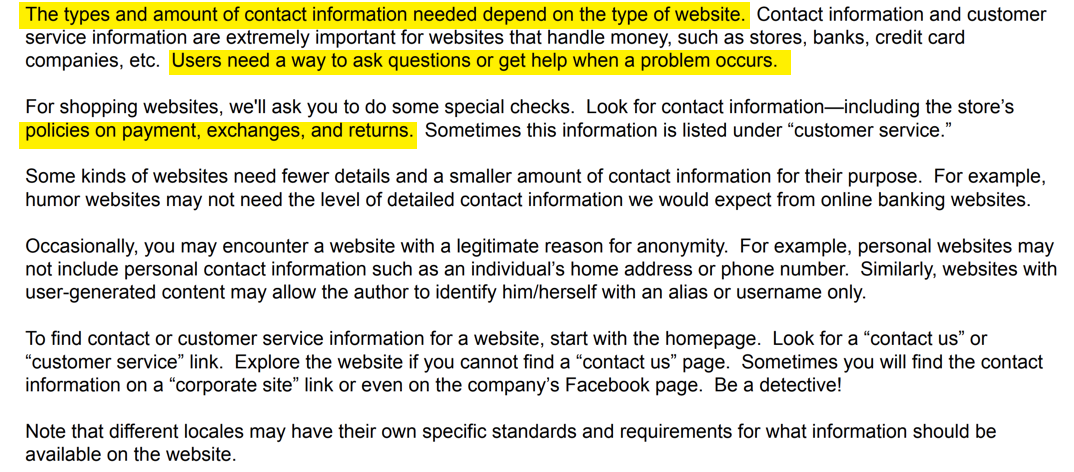
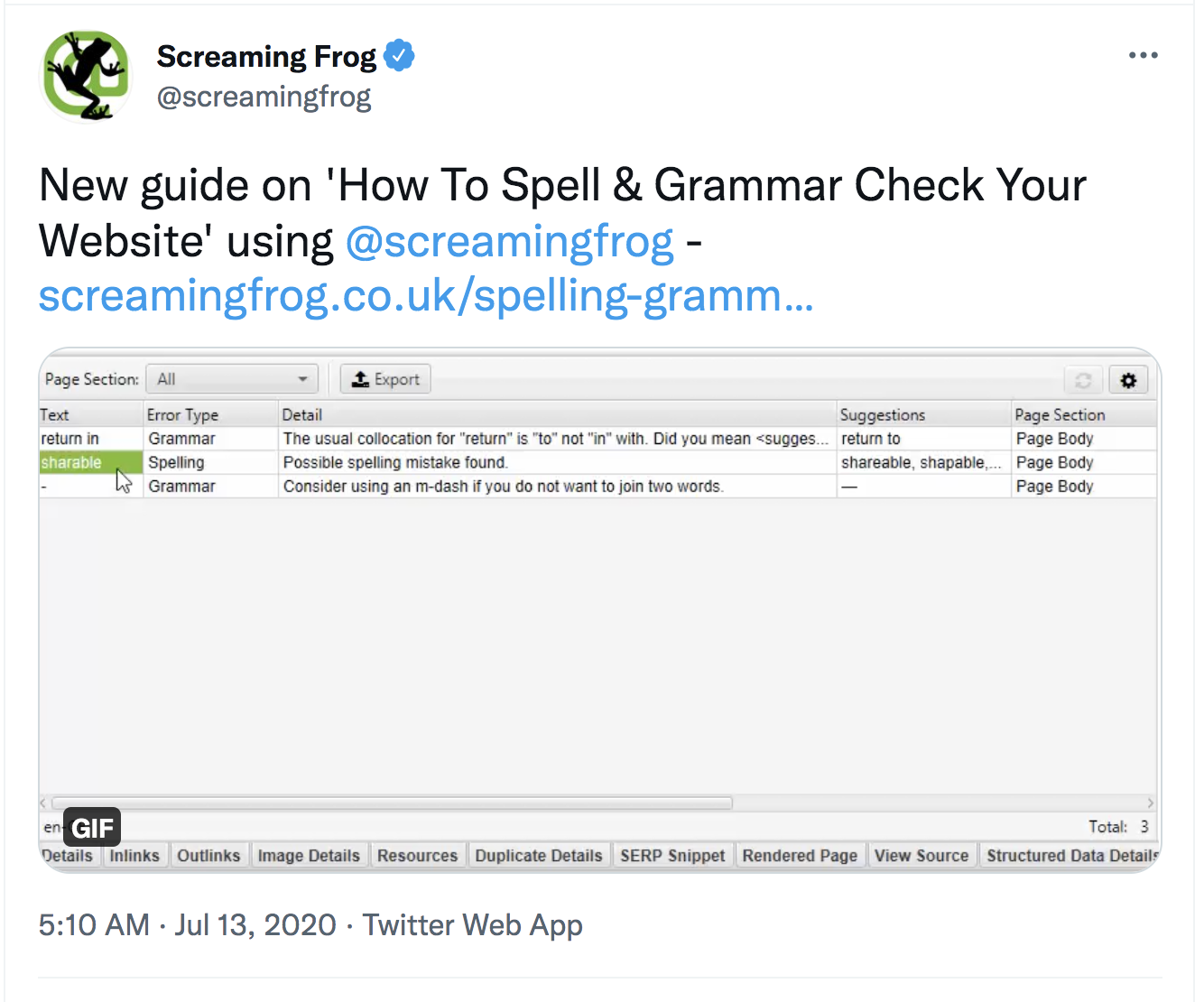
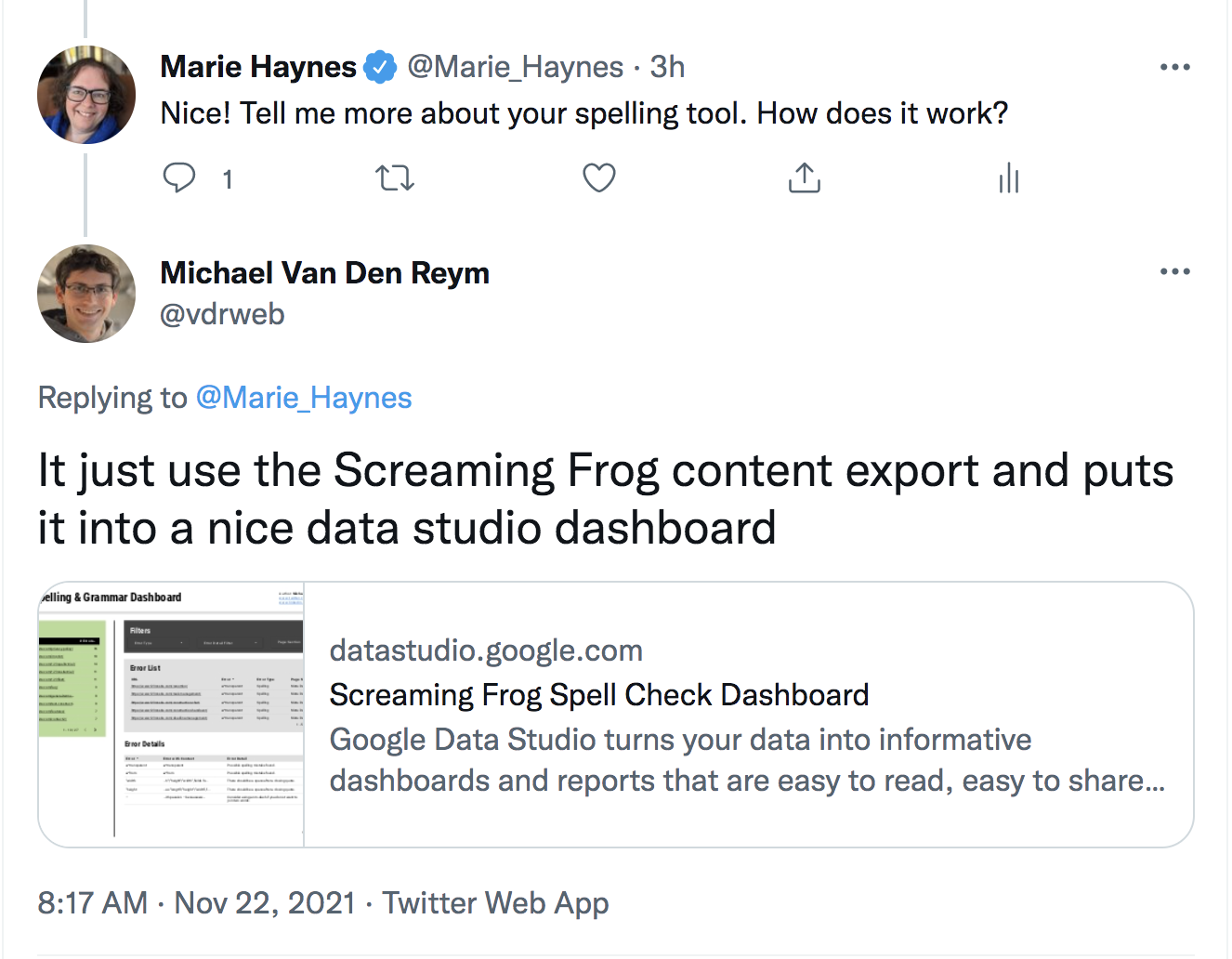

Comments
I use links to reputable content as my sources. Do I need to cite these in another, more detailed way?
Thanks!
knowledgeable content